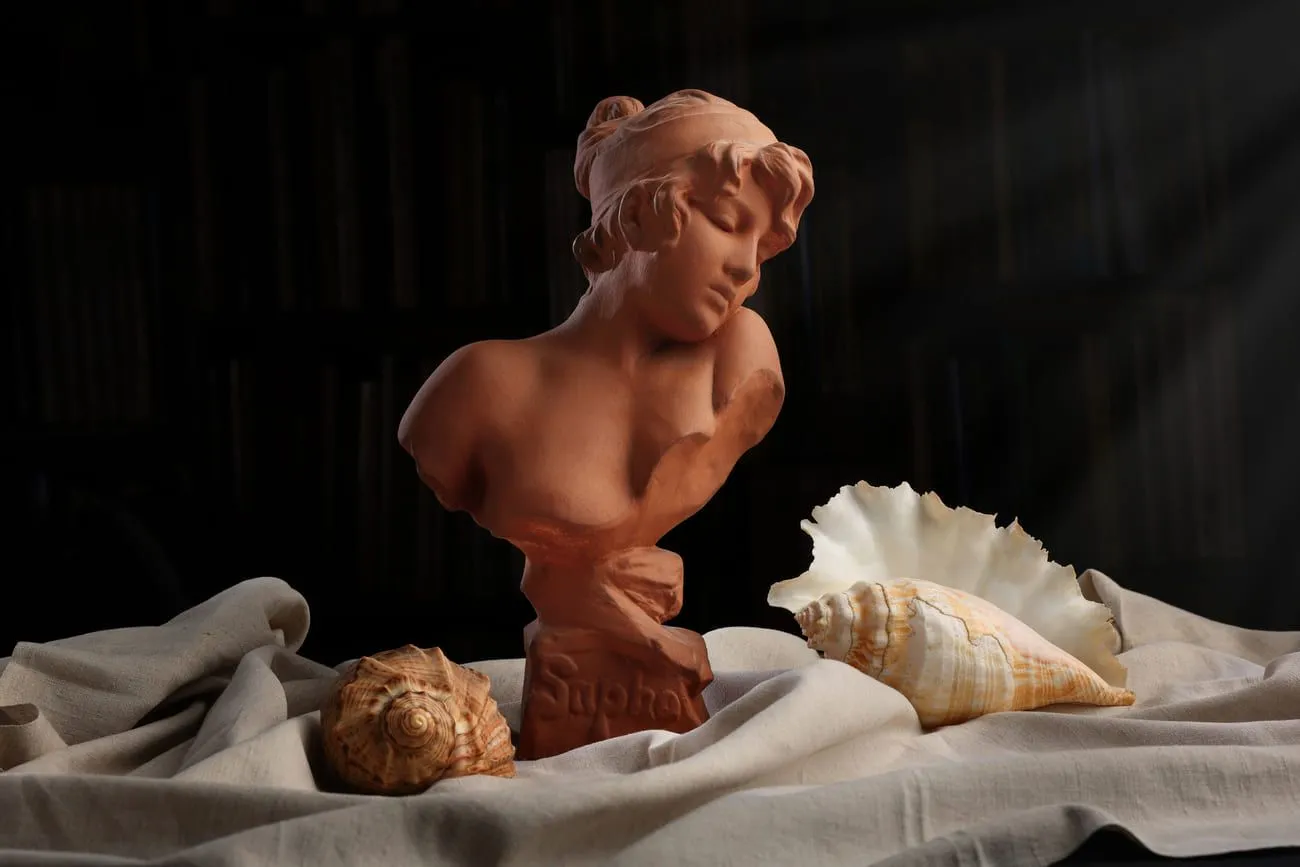Shocking facts about Ancient Greece that will amaze even scientists
16 Mar 2023Despite the fact that the history and culture of Greece date back several centuries, there are still many facts that will amaze even the most experienced historians and archaeologists. We have collected the most interesting facts about this country that will shock even professors!
The Red Carpet was created by them
Ancient Greece is where the idea of the red carpet first emerged. Prior to then, it was called Crimson (a shade of red) Path. Red carpets were thought to be a luxury reserved solely for the heavenly and not for mankind.
The ancient drama Agamemnon, which is the first in the trilogy of Oresteia plays, contains a description of the Crimson Path. Ancient Greeks believed that the color red was holy and challenging to manufacture. The kermes insect's colors were used to create it.

One of their beloved gods was Dionysus
One of the most well-known and revered gods in classical Greek mythology was Dionysus, often known as Bacchus. He and Demeter were regarded as the two most important deities on Earth.
Dionysus was affectionately referred to as the "God of Wine" and is said to have been born from fire. He was also referred to as the god of fertility, harvest, and grapes. In his honor, a number of sad and comedic plays were staged.
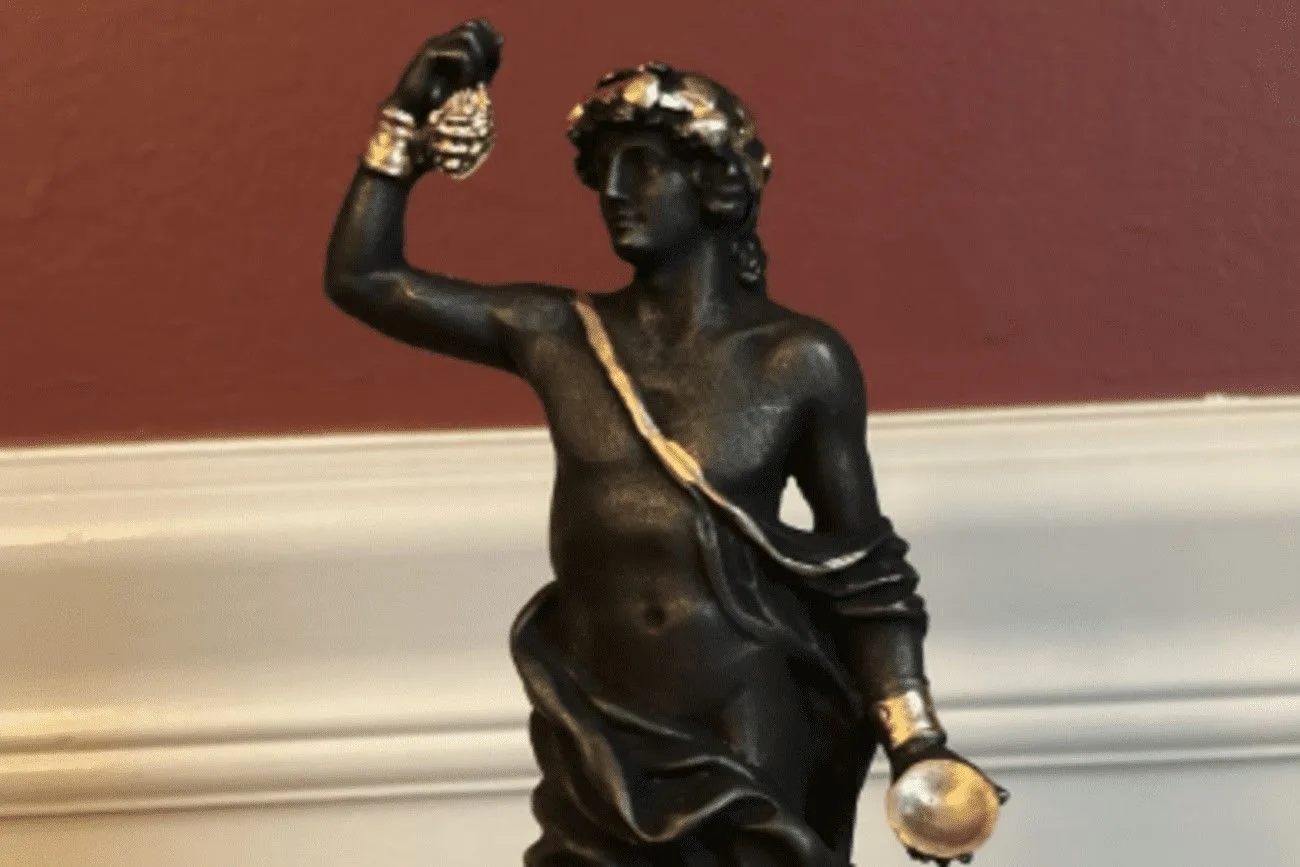 @NyxShadowhawk/Reddit.com
@NyxShadowhawk/Reddit.com
Cinderella inspires Rhodopis
A well-known hetaera in ancient Greek culture was Rhodopis. Cinderella, a beloved fable, was inspired by her life. According to legend, an eagle grabbed Rhodopis' slippers while she was taking a bath and immediately dropped them upon the lap of an Egyptian pharaoh.
The Pharaoh was so taken with the slippers that he made the decision to send out a search team to find its owner. He located Rhodopis after searching. They eventually got hitched, and Rhodopis ended up ruling Egypt.
 @Geek_Speak815/Reddit.com
@Geek_Speak815/Reddit.com
Melons: more than fruits
Melons were referred to as both the fruit and a code term for a certain area of a woman's anatomy in ancient Greece. Additionally, it was a general word for all fruits that were or appeared to be foreign.
Various gourds bearing fruit are referred to by the Greek word mlopepon (gourd-apple). In other words, the meaning of this phrase varied greatly depending on the context in which it was employed.

They created the Yo-Yo
Even though the Greek language may be among the oldest in the world, ancient Greece also boasts some of the oldest technologies. The yo-yo is one of these inventions. One of the world's oldest toys, the yo-yo is thought to have been created about 440 B.C.E.
A yo-yo, which was constructed out of wood, metal, or painted terracotta disks, was a common household item in ancient Greece. The Greek pantheon's gods' representations were used to embellish it.
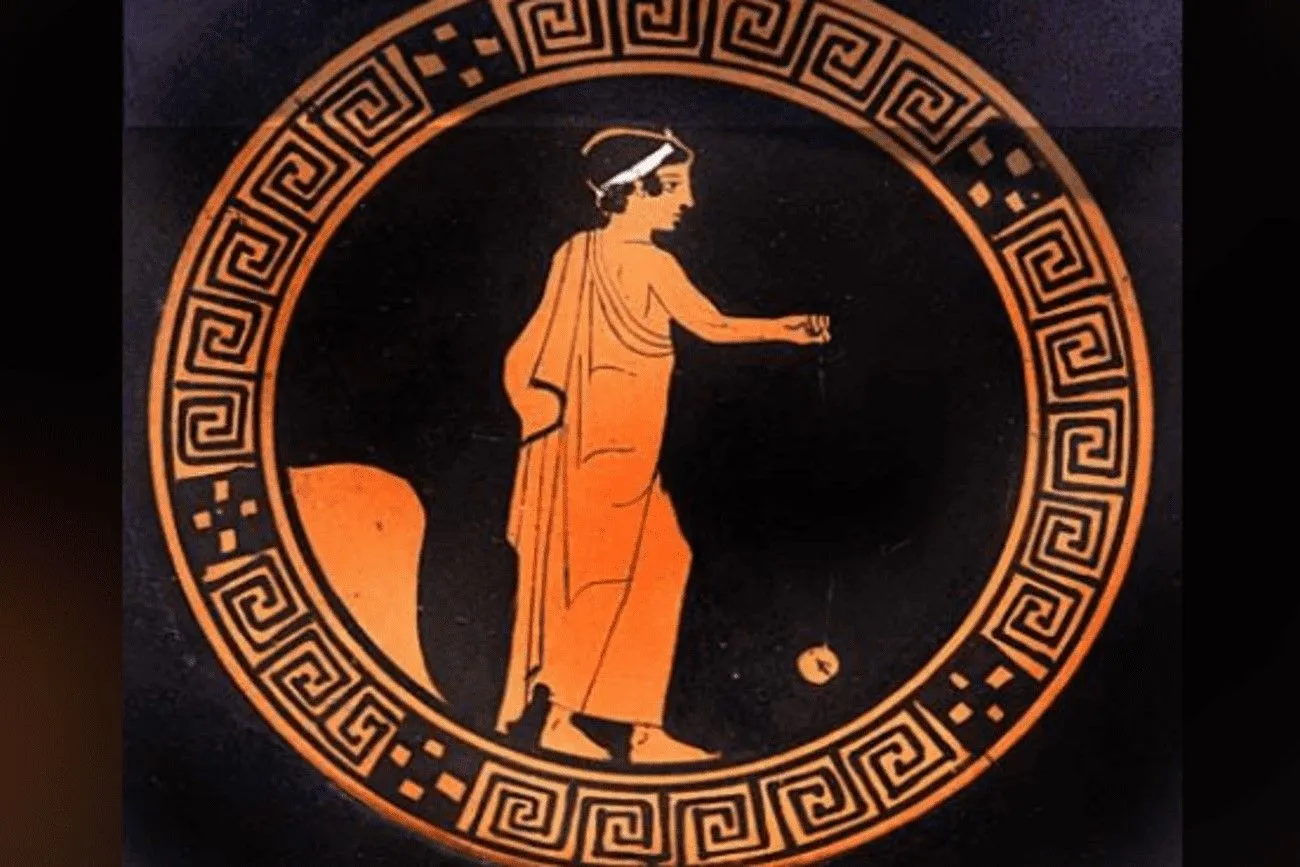 @RPBot/Reddit.com
@RPBot/Reddit.com
The Hetaeras
In general, women in ancient Greece were viewed as second-class citizens and held a lower status than men. But there were those women who could stand on their own two feet. They were hetaeras, these women.
Hetaeras were essentially high-profile prostitutes who also participated in mind-stimulating activities. They had fewer affluent lovers than pornai, another class of escorts in ancient Greece. A woman had to attend a special school from the time she was a little child in order to become a heatera.
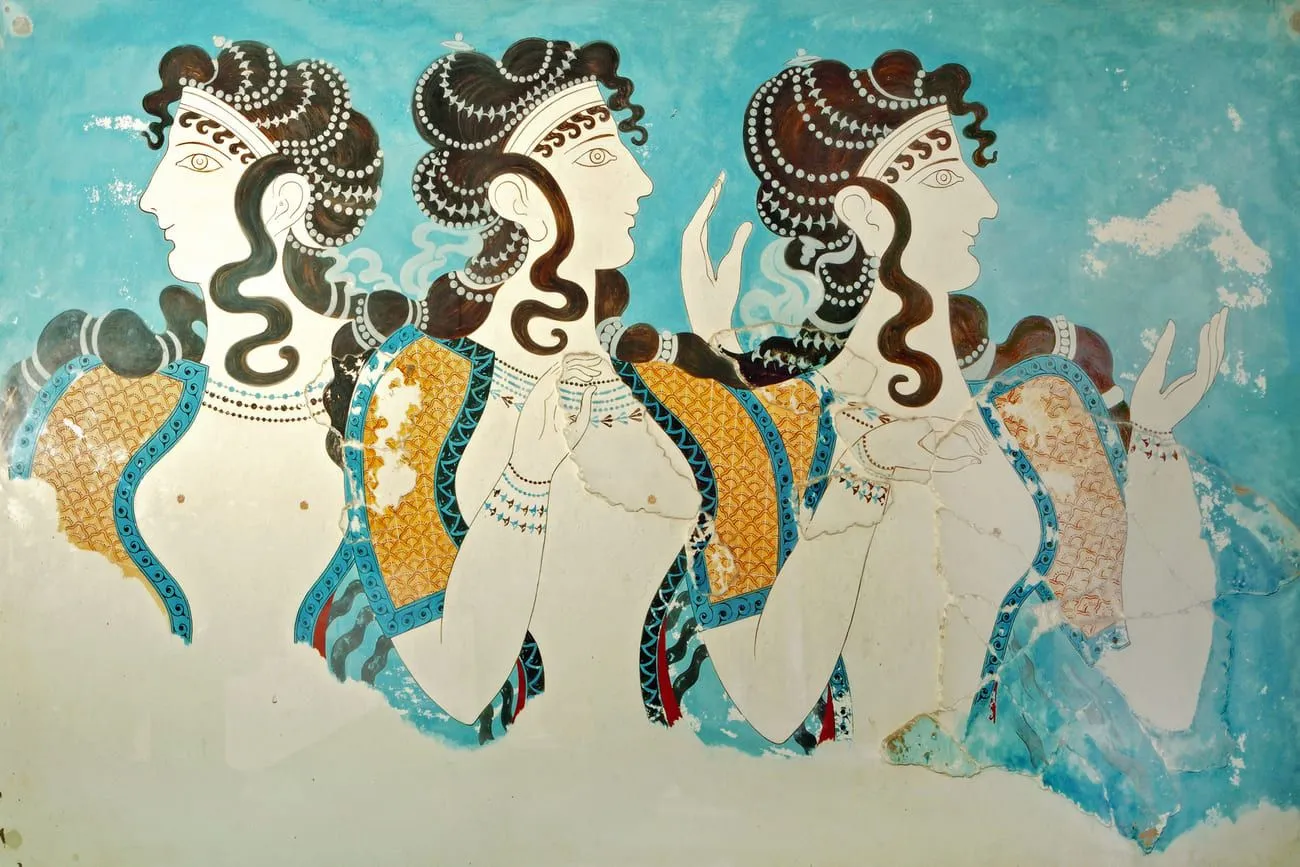
Symposiums: The Streets of Joy
Symposiums were another predominantly male setting in ancient Greece that included bacchanalian celebration. These exclusively male banquets were filled with dancing, music, and other types of festivity.
A symposiarch, who served as the event's in charge for the evening, presided over a symposium. In this social setting, other games with a competitive element were also organized. But the word "symposium" has now come to mean a scholarly gathering.
 @PLATO’S SYMPOSIUM Explained - NIETZSCHE’S Favorite Classical Work/essentialsalts/YouTube.com
@PLATO’S SYMPOSIUM Explained - NIETZSCHE’S Favorite Classical Work/essentialsalts/YouTube.com
One of the World's Oldest Scripts
Greek holds the distinction of being among the world's oldest languages. Beginning in the first decade of the eighth century BCE, the Greek alphabet was developed. Greek was the original language of many significant texts, including the Illiad poetry, works by Aristotle, and Plato.
According to legend, the Latin, Armenian, Coptic, and Cyrillic writing systems all originated from the Greek language. The Greek alphabet was also the first alphabetic script in human history to feature clearly distinguishable vowel letters.
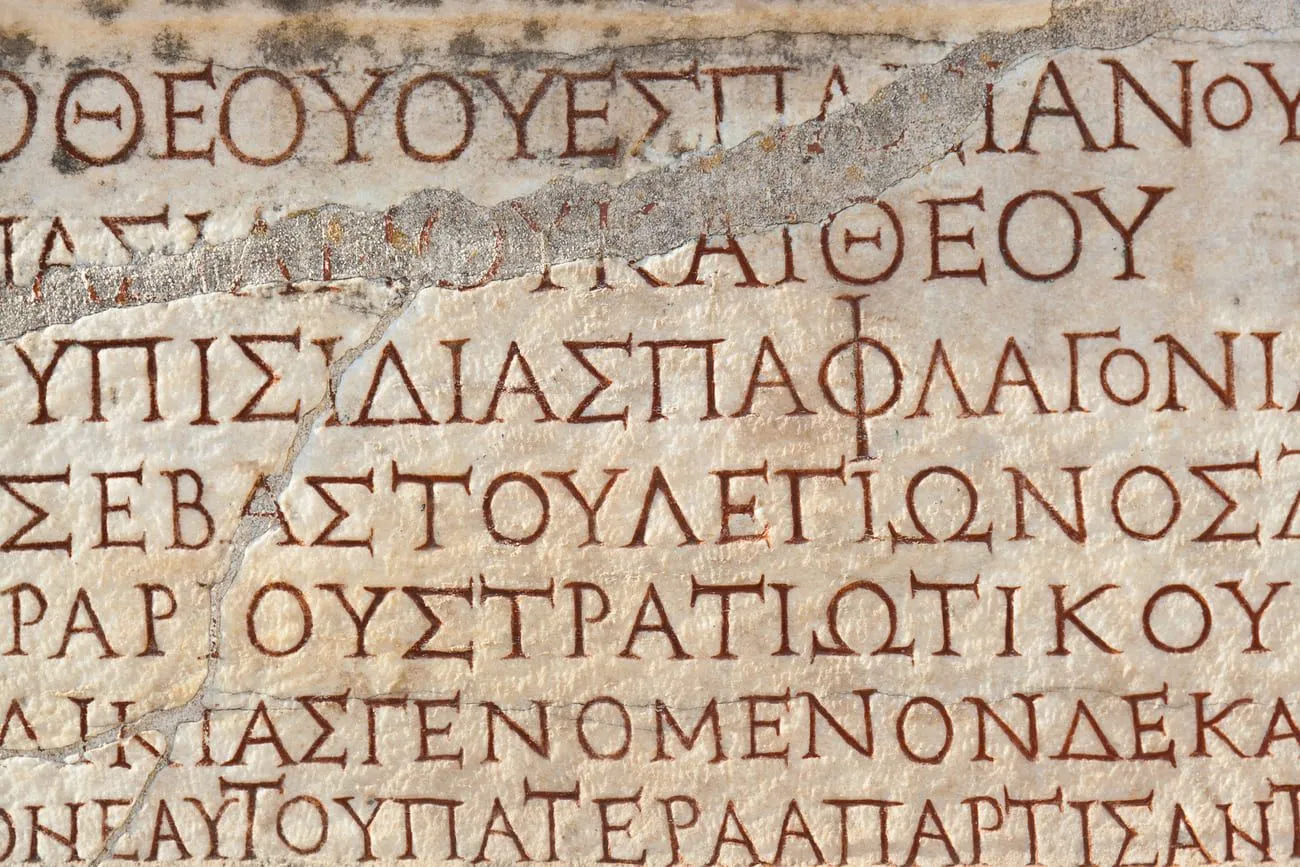
Tossing infants into a pit
According to a very well-known Spartan story, the infant males who were deemed weak were dumped in a pit. The ancient Greek historian Plutarch revealed this discovery.
However, according to the present-day scientists, this practice never happened at all. This disproves Plutarch's thesis that the state decides whether or not babies are fit to be raised and ignores their screams.
 @The ENTIRE Story of the Trojan War Explained | Best Iliad Documentary/The Life Guide/YouTube.com
@The ENTIRE Story of the Trojan War Explained | Best Iliad Documentary/The Life Guide/YouTube.com
Concerning the Greek Gods
Zeus is regarded as the chief deity of the Greek pantheon in Greek mythology. However, this fact is only partially true. Let's elaborate. Each of the sovereign states in ancient Greece, known as polis, had its own distinct cult.
The notion of henotheism, which involves worshiping one deity from the pantheon of gods but not rejecting the existence of other gods, was practiced by the ancient Greeks, who fervently believed in 'n' number of gods.
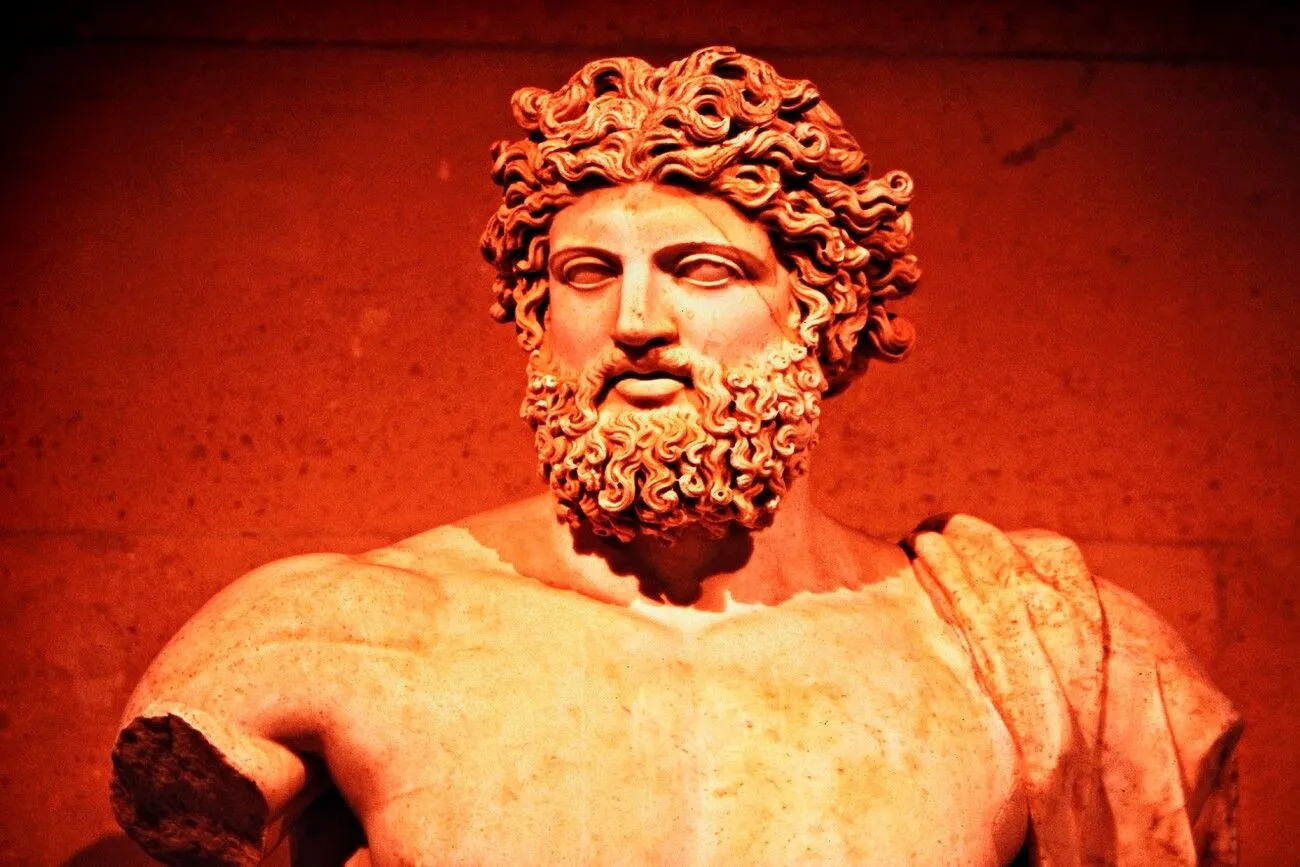
Greeks made a huge mistake
Many of the heroes and figures of ancient Greece committed terrible sins. Even the kindest heroes occasionally committed horrific crimes, and the pantheon of gods was not exempt from this rule. While gods like Jason, Athena, Zeus, Hades, and Uranus committed some very horrible crimes, mortals weren't far behind.
For instance, during the Trojan War, following a disagreement, Achilles turned away from his allies. In addition to his four wives, Heracles is said to have had numerous lovers.
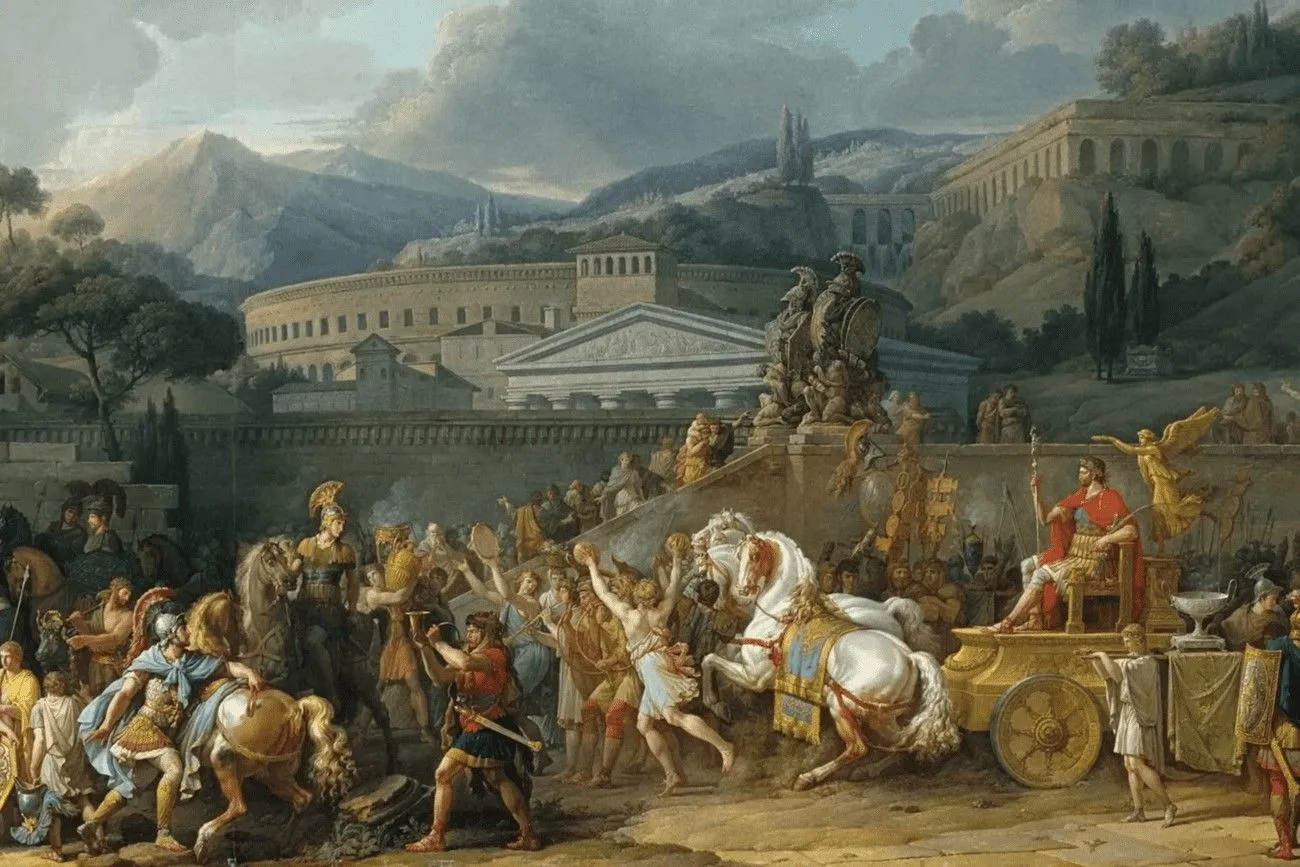 @Human Sacrifice in Ancient Greece and Rome/toldinstone/YouTube.com
@Human Sacrifice in Ancient Greece and Rome/toldinstone/YouTube.com
Unappealing food
The cuisine of the ancient Greeks (Laconian) was pretty disgusting. They frequently ate a black gruel, which was said to be a concoction of lentils and beef blood.
This cuisine, if you can call it that, was frequently compared to Spartan bravery in numerous jokes among Spartans. It was rumored that only a true Spartan would have the guts to consume this every day. We endorse that!
 @Spartan BLACK BROTH | Melas Zomos/Tasting History with Max Miller/YouTube.com
@Spartan BLACK BROTH | Melas Zomos/Tasting History with Max Miller/YouTube.com
Spartans forbade gourmet meals
Delicacies were strictly forbidden in a Spartan household in antiquity. Keep in mind the lentils are laced with beef blood. That was typical. To put it kindly, a Spartan supper was a simple affair without much ceremony.
Lentil soup or gruel of barley with cabbage and turnips was a typical Spartan supper. According to Homer, Spartans enjoyed eating meals made of grains and frequently consumed barley together with wine and goat cheese.
 @Wasting_Time1234/Reddit.com
@Wasting_Time1234/Reddit.com
Greeks had a distinctive day of eating
According to popular misconception, Greeks preferred to recline while eating. This might not be entirely accurate, though. It started in the seventh century BC, and the Romans later adopted it.
Greeks supposedly ate in this manner because doing so represented social position and authority. However, the only people who could recline were guys. In general, women were not permitted at the feasts, and when they were permitted, it was customary for them to eat while seated.
 @This reconstruction shows what life in Herculaneum was like.onder:/ HISTORICA IN WORLD/YouTube.com
@This reconstruction shows what life in Herculaneum was like.onder:/ HISTORICA IN WORLD/YouTube.com
Greeks were messy (Very)
The ancient Greeks did not adhere to the notion that cleanliness is next to godliness or that their homes should be Marie Kondo'd. They enjoyed keeping their surroundings as filthy as possible. The black smoke that perpetually erupted when they prepared meat for their meals usually discolored the walls of their house.
The soot destroying the weapons hanging on the walls of a typical Greek home is described in Horner's poem. In a word, black walls were typical in the typical home back then.
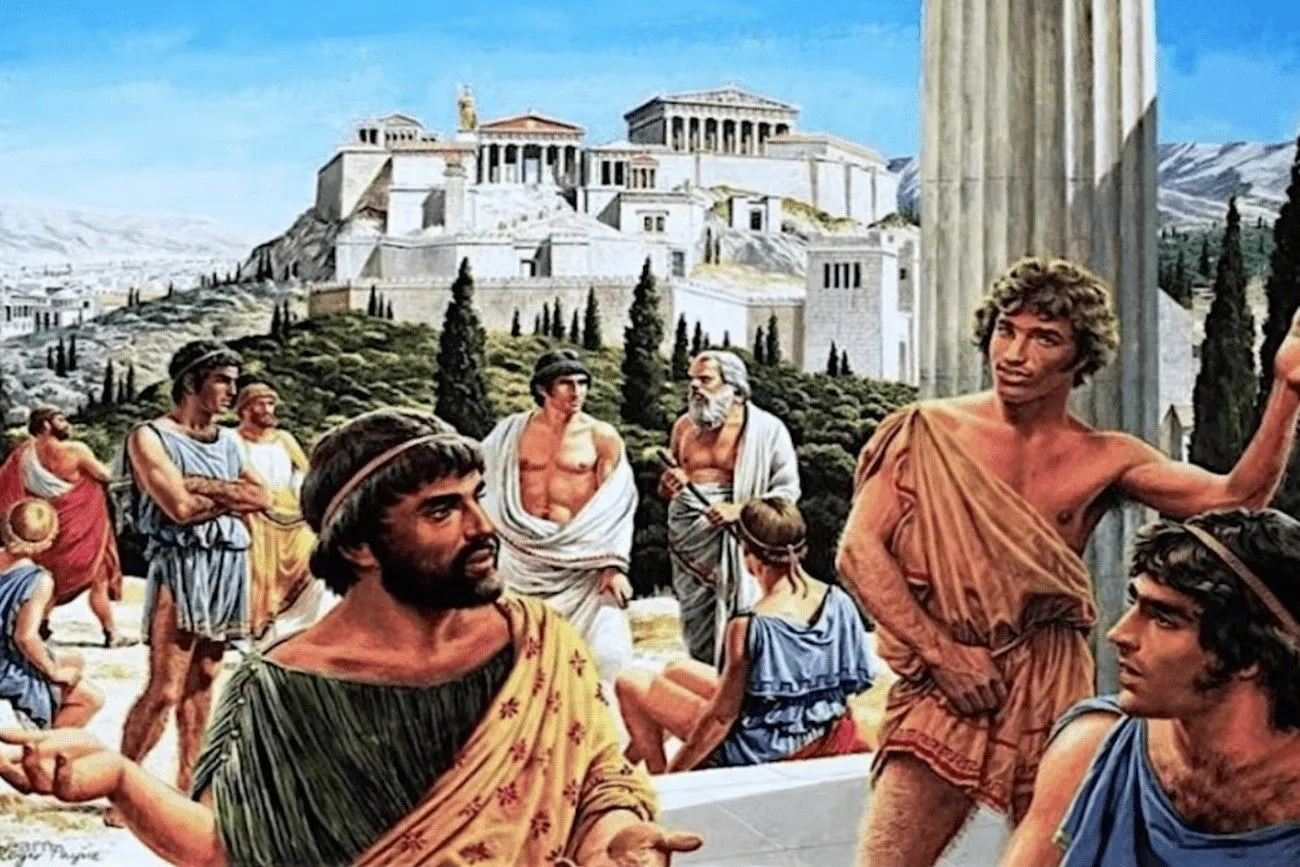 @What Was It Like to Live in Ancient Greece?/Captivating History/YouTube.com
@What Was It Like to Live in Ancient Greece?/Captivating History/YouTube.com
A Spartan child's youth was marked by hardships
Spartans had a reputation for being quite (really!) severe with their kids. They had a somewhat authoritarian approach to parenting. When a Spartan youngster reached the age of seven, he was dispatched to a special military camp.
A Spartan youngster had to survive naked up until the age of twelve because clothing was not permitted. They were also expected to prepare their own meals and be skilled in swordsmanship, spear throwing, and physical conditioning.
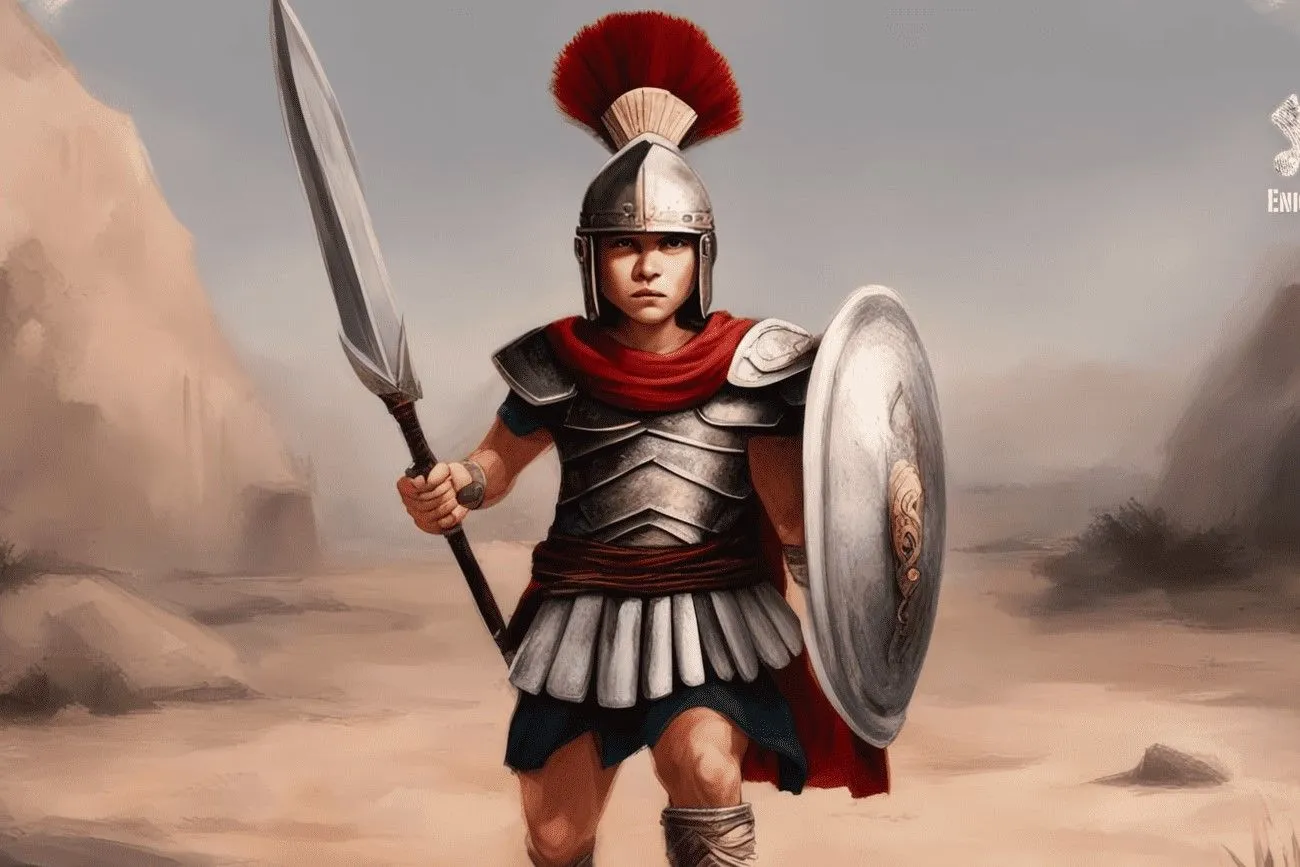 @Brutal Spartan Warrior Training System: From Boys to Super Warriors/EnigmaQuest/YouTube.com
@Brutal Spartan Warrior Training System: From Boys to Super Warriors/EnigmaQuest/YouTube.com
The Olympics were forbidden for women
Women were not permitted to watch or take part in the Olympics in ancient Greece. Thus, the Olympics were largely a male domain. The historians have proposed numerous potential explanations for this exclusion.
The inferior status of women in ancient Greek culture and the extensive preparation (up to ten months) needed to get ready for the Olympics are only a few of the possible justifications for the ban.
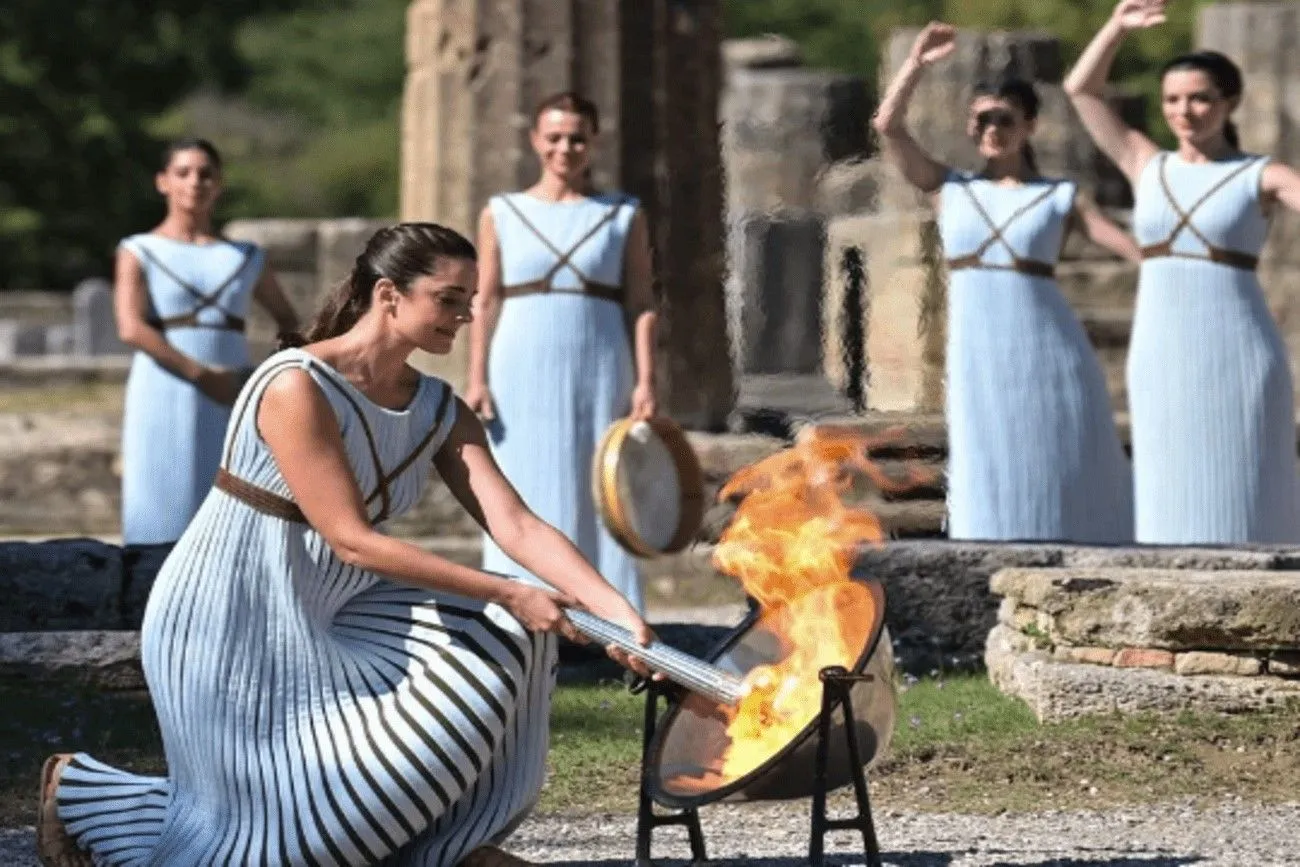 @PanEuropeanism
@PanEuropeanism
The Spartans knew how to get ready for battle
The Spartans were skilled in dressing for battle. In a battle, they also carried a lot of supplies and safety gear. Before engaging in combat, a Spartan soldier, also known as a hoplite, wore a massive bronze helmet, ankle guards, and a breastplate.
In addition, they used to have a long spear, a sword, and a spherical shield made mostly of wood and bronze. As seen in the film 300, a Spartan soldier frequently had long hair and wore a red cloak as their primary clothing.
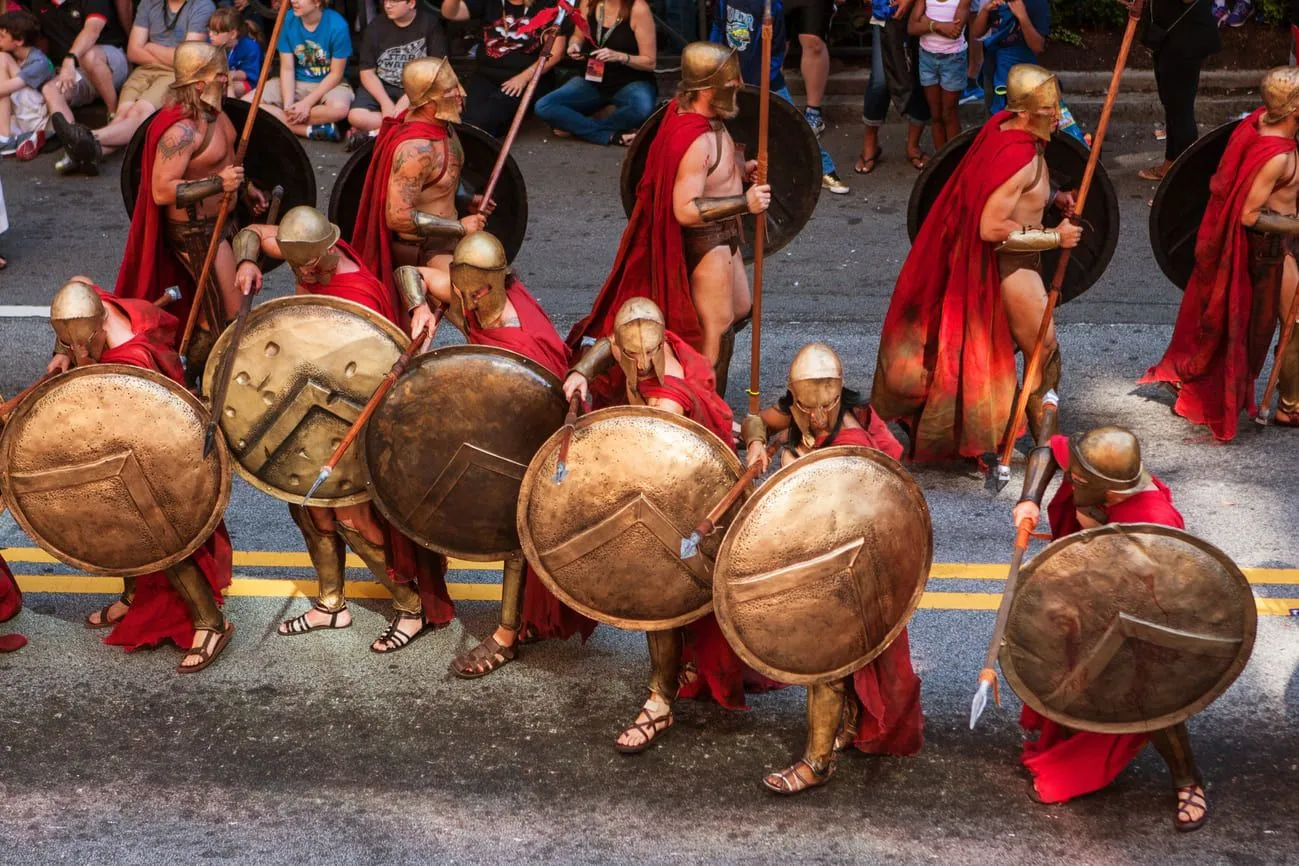
Ancient Greeks received good pay
In comparison to other civilizations, the ancient Greeks received a generous pay each month. Ancient Greece reached the pinnacle of global economic development between the fourth and fifth centuries B.C.E.
The salaries of regular people showed signs of economic improvement. During that time, a typical Greek individual made 12 kg of wheat. This was roughly four times more than the typical Roman's monthly wage of 3.75 kg of wheat.
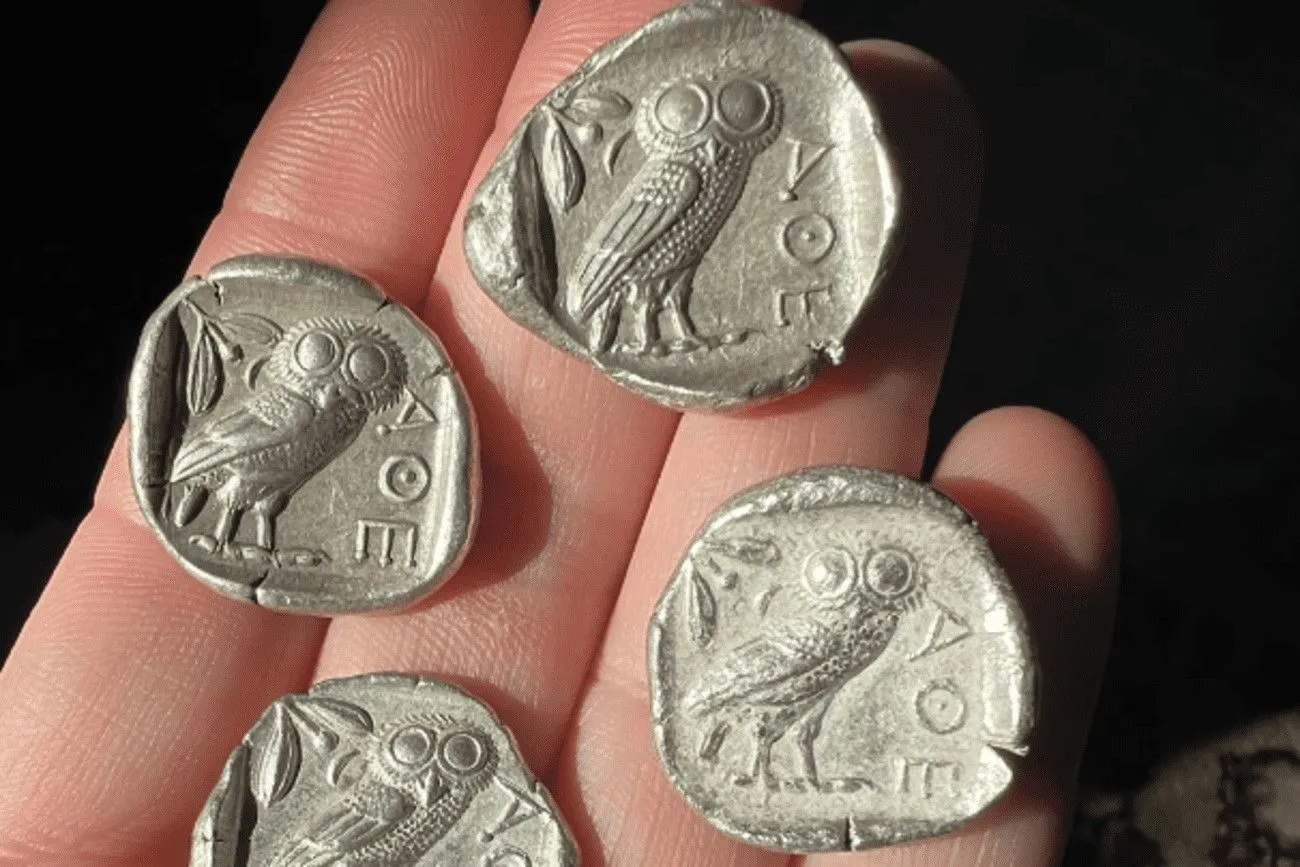 @Fellowsian/Reddit.com
@Fellowsian/Reddit.com
Women in Sparta were freer
The ladies of Sparta were a little more liberated than their Greek counterparts, notwithstanding the appalling conditions that existed for women in ancient Greece. They were granted some freedoms and advantages that were not available to the other women of the community.
In Sparta, a lady may possess her own land and engage in athletics. Additionally, they were educated. Unlike their Greek counterparts, they had their own domains of independence even though they had to complete household tasks.
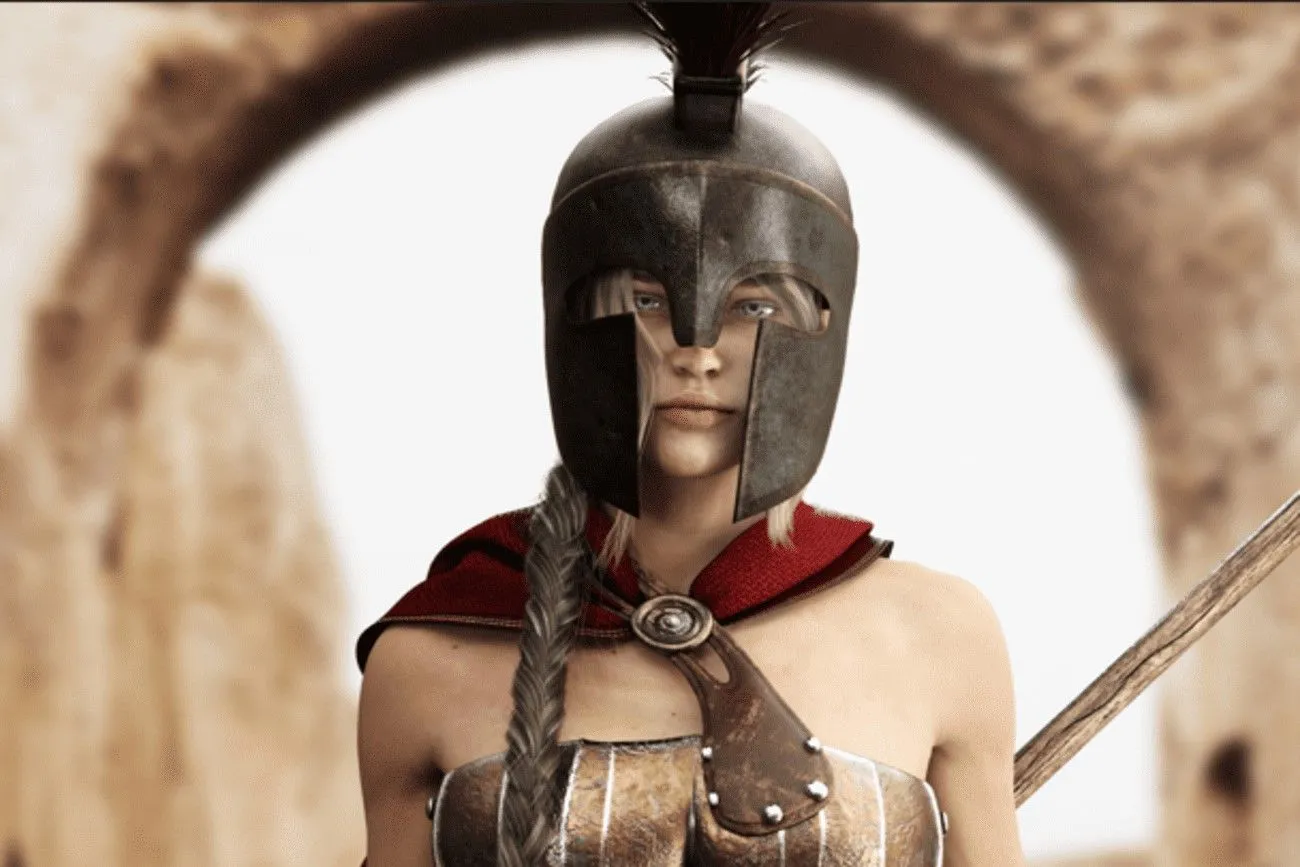
Olympic Peace
All armed conflicts in ancient Greece came to an end—or were at least delayed by three months—with the start of the Olympics. The Olympic Truce tradition, which dates back to 776 BC, was instituted to protect the host city from attack during the Olympic Games.
Additionally, it made it possible for guests to travel safely to the venue of the games without having to worry about it. Despite this, there were also fights during that time, just not in the Olympic region.

The Olympics was a much-anticipated event
The Olympiad was a significant occasion in classical Greek culture. It was eagerly anticipated and was well-attended. The Olympics were so cherished by the ancient Greeks that they centered their social calendars around them.
The occasion took place in July or August once every four years. As was previously mentioned, the Olympiad was followed by an Olympic truce, a proclamation of peace that gave the conflict in the host country a three-month reprieve.
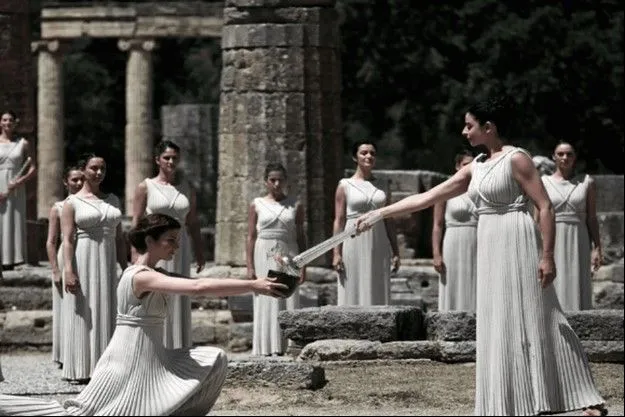 @MorningPatrol/Reddit.com
@MorningPatrol/Reddit.com
There was the Sacred Band of Thebes before the Spartans
The great courage, endurance, and self-control shown by the Spartans are well recognized. Based on the Battle of Thermopylae, The 300 Spartans is now a part of popular culture because of the film of the same name.
The Sacred Band of Thebes defeated the challenging Spartans. The group, which was made up of 150 men, all of whom were lovers, brought an end to Spartan's dominance. The Battle of Leuctra in 371 B.C. brought the band to fame.
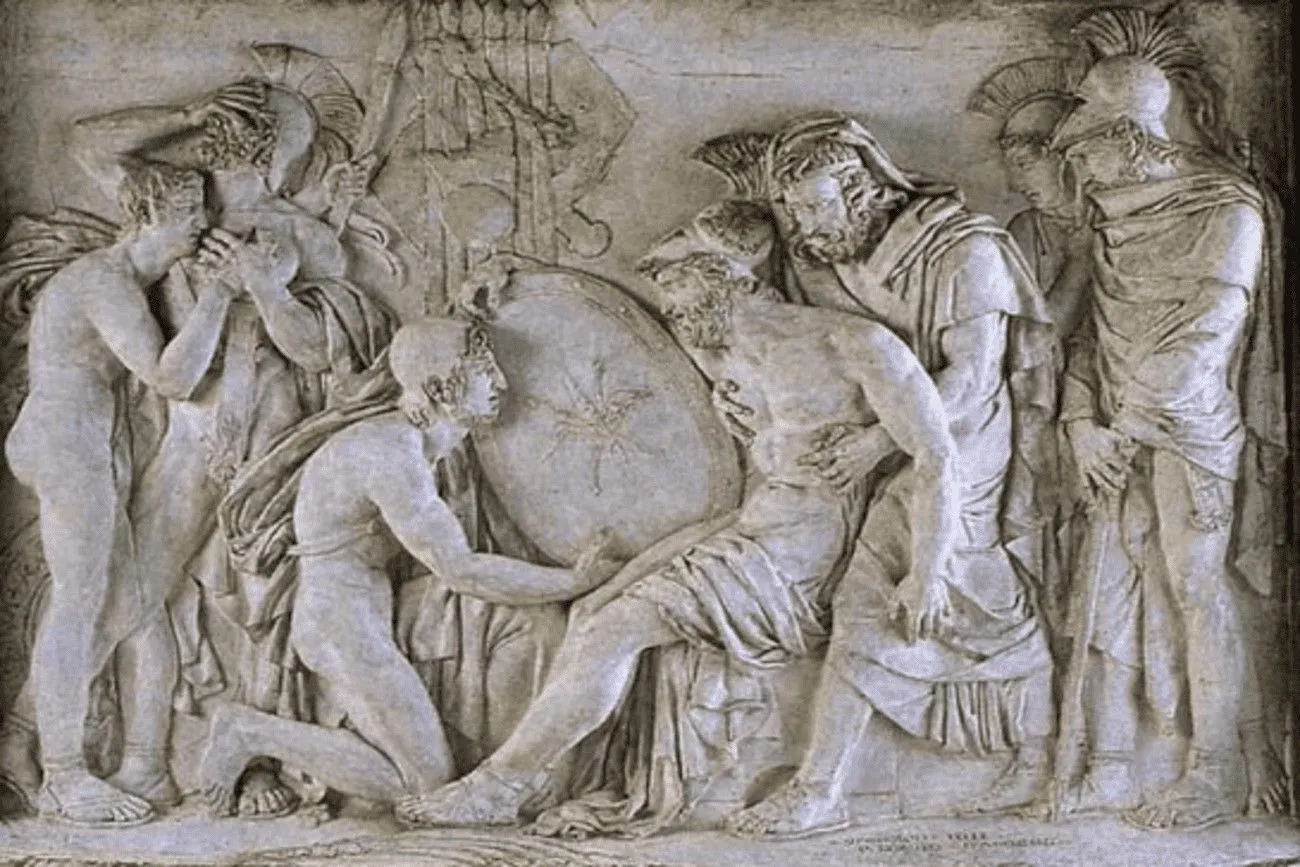 @tiba_004/Reddit.com
@tiba_004/Reddit.com
Women were seen as nothing more than objects
Women were viewed as pollutants in ancient Greece. They were completely dependent on their husband and had no freedom or rights of their own. A woman was seen as the object of a man's home in Athens. So, women's personhood and entity were frequently denied in ancient Greece.
They were urged to stay inside the home's walls and warned against going out on their own. To use a married woman's name in a public setting was also viewed as blasphemy.
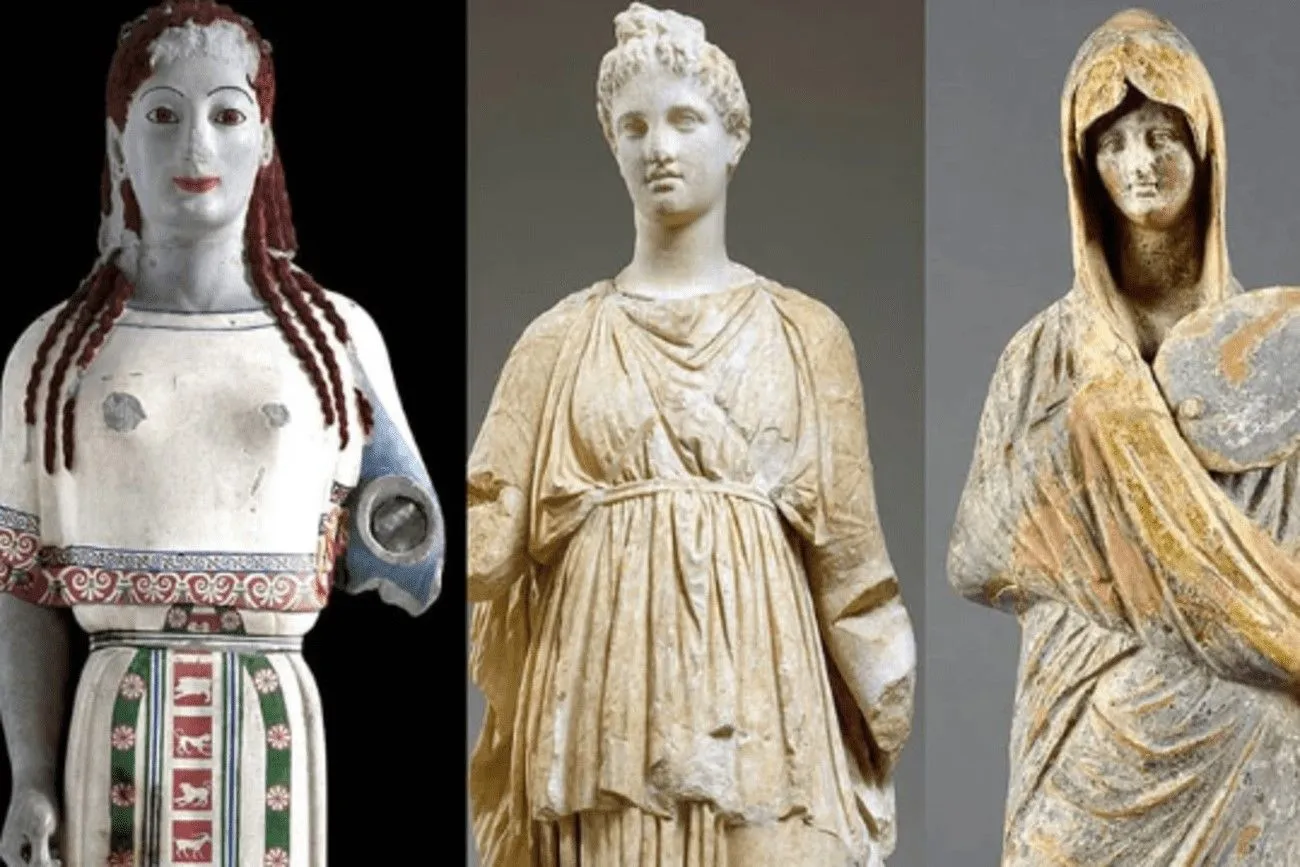 @IASIPxIASIP/Reddit.com
@IASIPxIASIP/Reddit.com
The marriages of the Spartans
Arranged marriage was customary in Sparta. There weren't many love marriages. Again, the majority of marriages were fictitious in that men frequently had many partners in the past.
It was ordinary practice to cheat on your spouse. Ironically, Spartans who chose to stay unmarried faced severe punishment. When a child reached a certain age, there was legal machinery in place to force them into marriage. Those who chose to get married later were also not exempt.
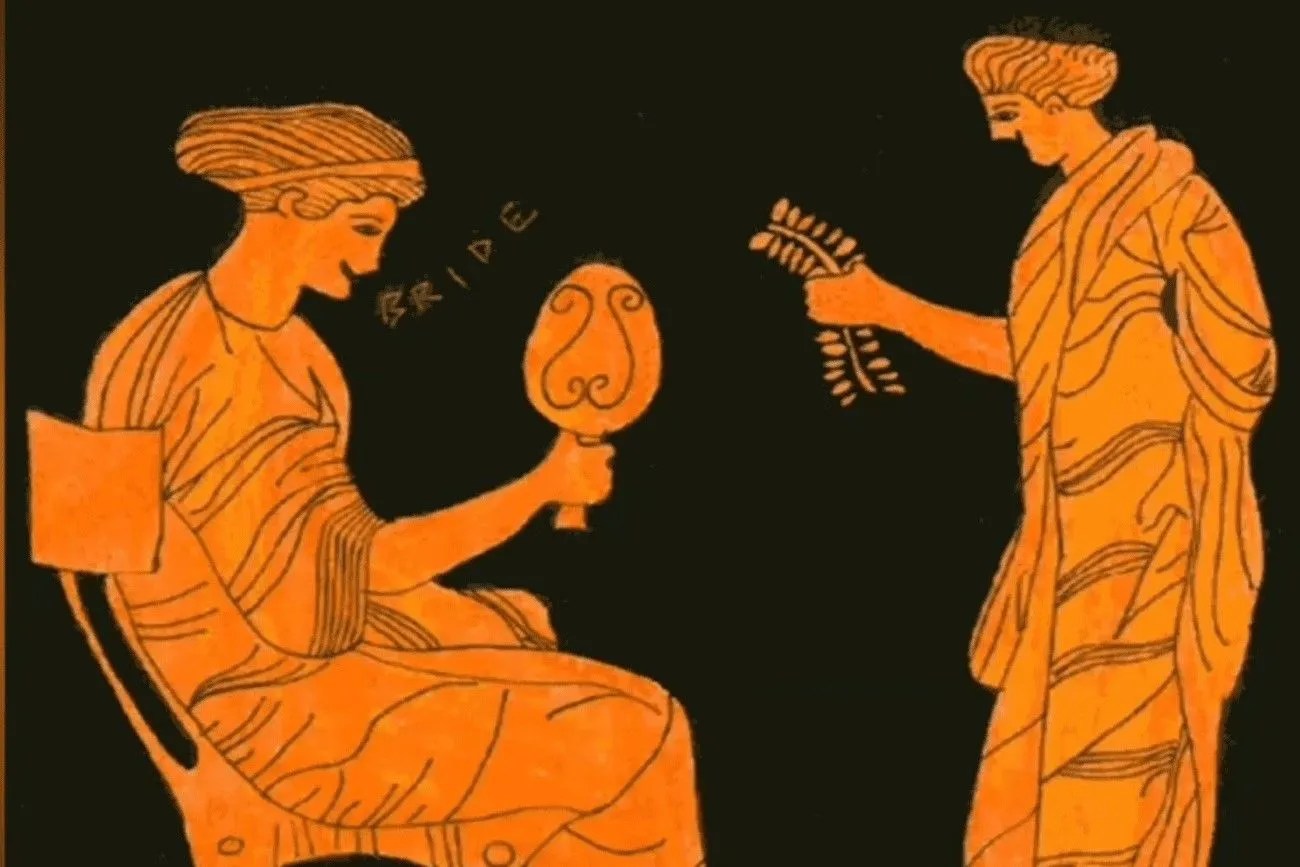 @Marriage in ancient Greece - Ancient Greek Traditions/London Power/YouTube.com
@Marriage in ancient Greece - Ancient Greek Traditions/London Power/YouTube.com
A breach of the Olympic “No-Woman Policy”
Women were not generally permitted to participate in or watch the Olympics, although there was a small exception for the equestrian competitions that allowed them to ride horses.
The Spartan Princess Cynisca took advantage of this provision to win the competition without even taking part in it, making history for women. With two first-place finishes from her horses in the competition in 396 and 392 BCE, Cynisca was unquestionably victorious.
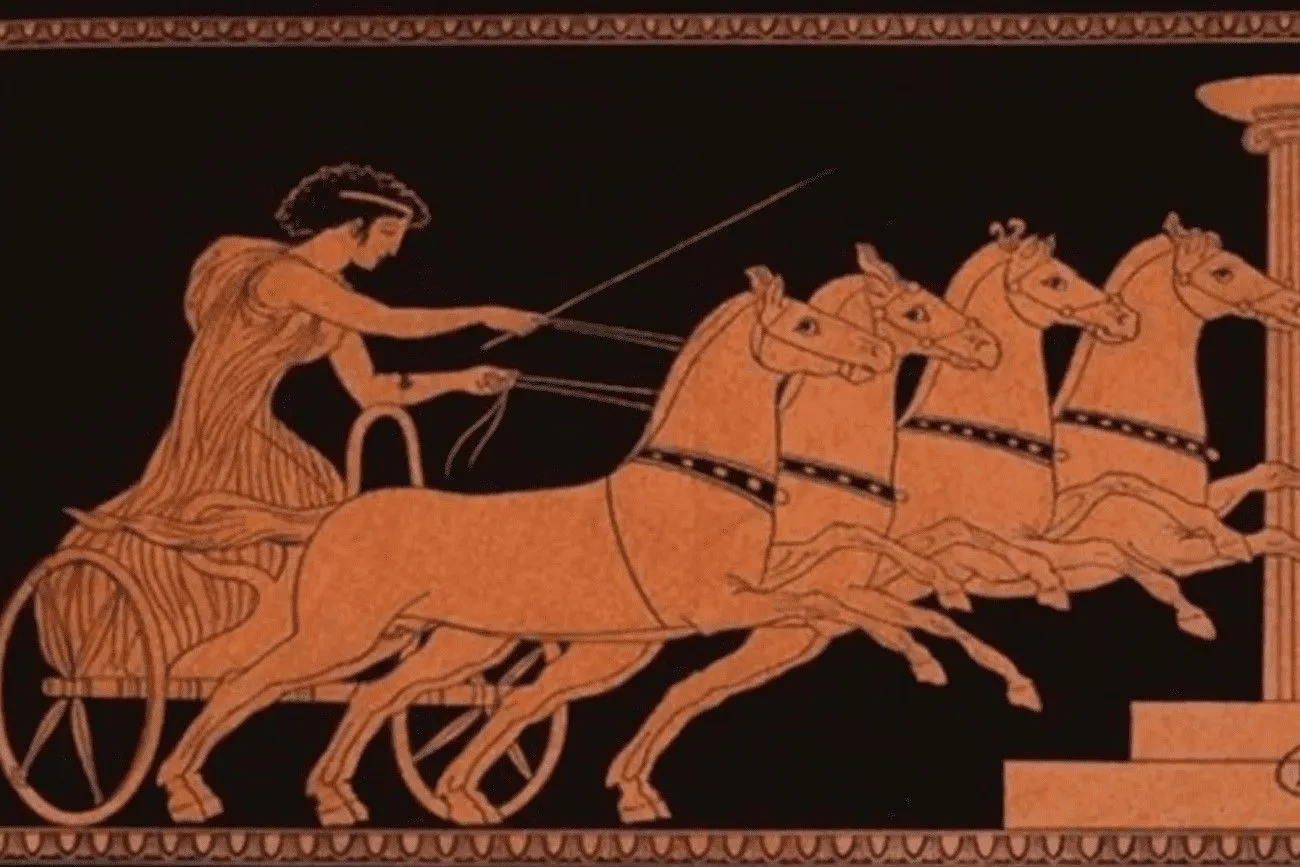 @Cynisca of Sparta: First Female Olympian/Samantha Dotson/YouTube.com
@Cynisca of Sparta: First Female Olympian/Samantha Dotson/YouTube.com
Greeks recognized the value of “Salt”
Similar to their Roman predecessors, the Greeks traded salt. Slaves were once purchased in return for salt. They also adhered to the adage that you shouldn't trust a man until you've shared a salt pack with him.
The Greek term for salt is "alas." Greeks are credited with coining the expression "not worth his salt." They combined animal fats and ashes with salt to create soaps and detergents.

They came up with “Shaking Hands”
The way that people greet each other around the world was somewhat altered by the Greeks. They bestowed handshakes on the globe. Yes, the handshake was invented by the Greeks, as evidenced by the numerous ancient Greek paintings, sculptures, and works of art.
However, in ancient Greek, the act of shaking hands was known as dexiosis. Many pieces of art depict Hera and Athena, the Greek Goddess of Wisdom, shaking hands. However, handshakes were only exchanged between equals in ancient Greece.
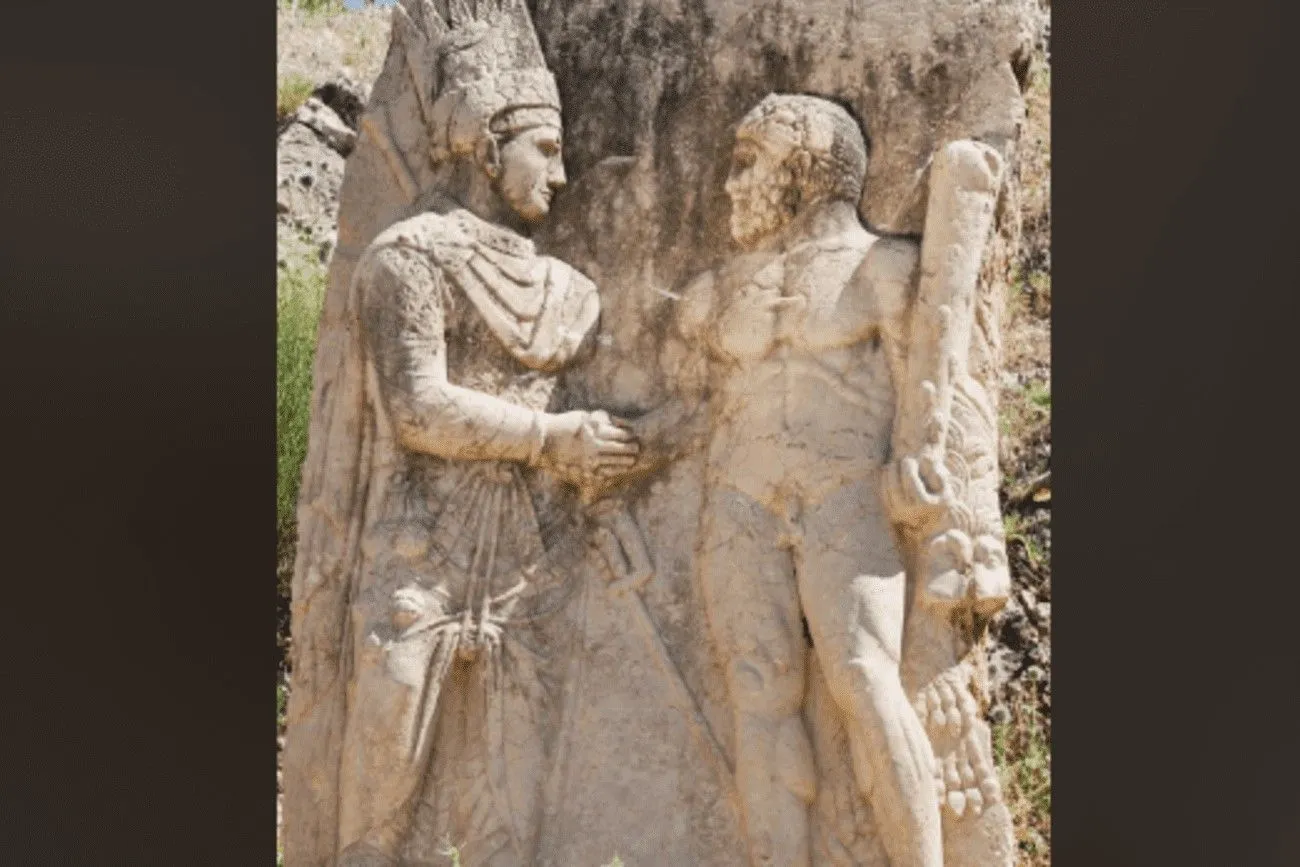 @Permaculture/Reddit.com
@Permaculture/Reddit.com
Greek women were very fashion-conscious
Greek ladies were actually extremely fashion-savvy, it turns out. Now, more information. Although statement brows and unibrows are currently popular (thanks to Cara Delevingne), Greek ladies were the pioneers of this now-dominant fashion.
Ancient Greek culture regarded the unibrow as a symbol of intelligence and a standard of beauty. Women without unibrows used to mimic them with makeup. To create the appearance of a single brow, they frequently employed soot, black powder, or goat hair.
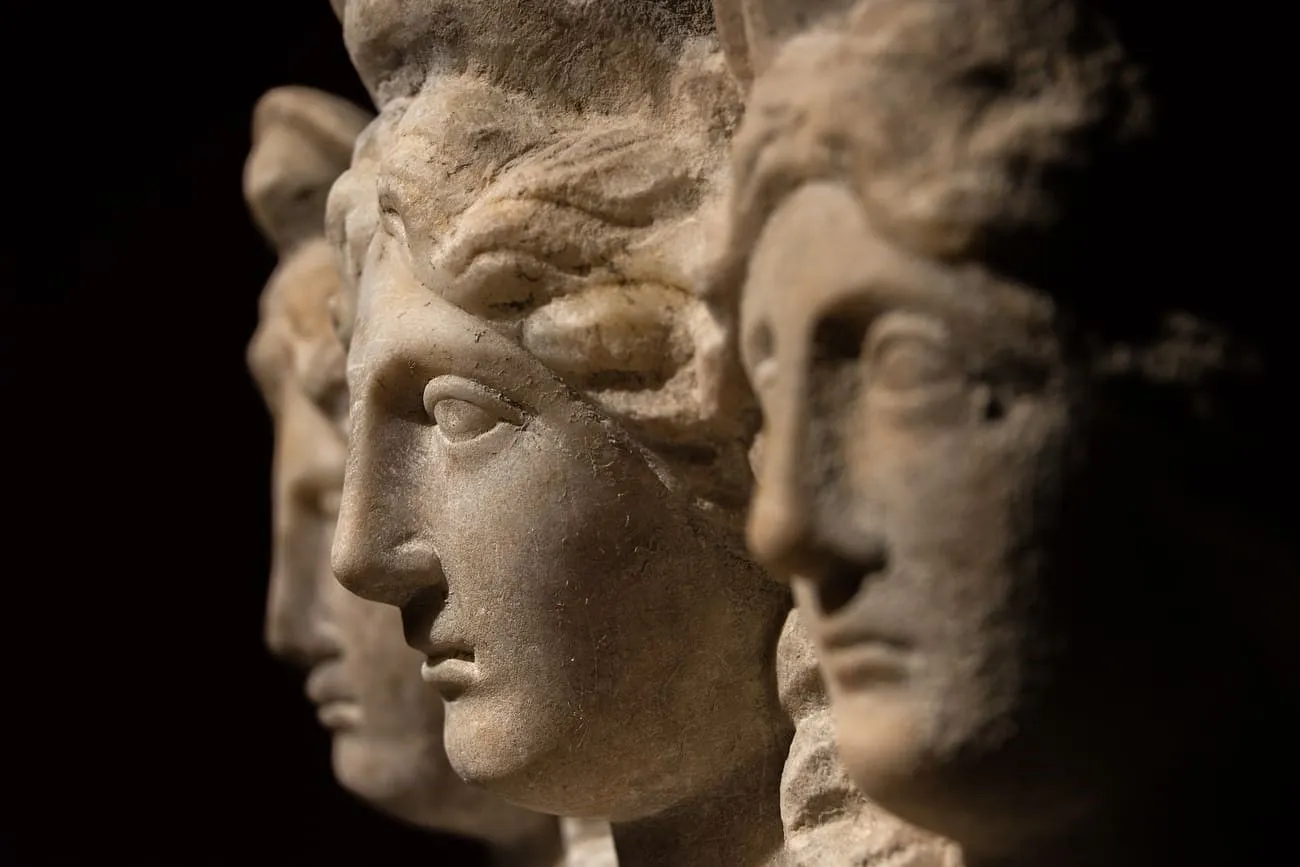
They had a Siesta Philosophy
The ancient Greeks were also leisurely people who thought a nap in the afternoon was restorative. Ancient Greeks were known for their afternoon naps, which were especially popular in the summer.
The Greeks thought a mid-afternoon snooze may keep the body from drying up. The Greeks used to wake up from their naps, eat something, and continue working until nightfall. The afternoon naps, in our opinion, need to be made required by legislation.
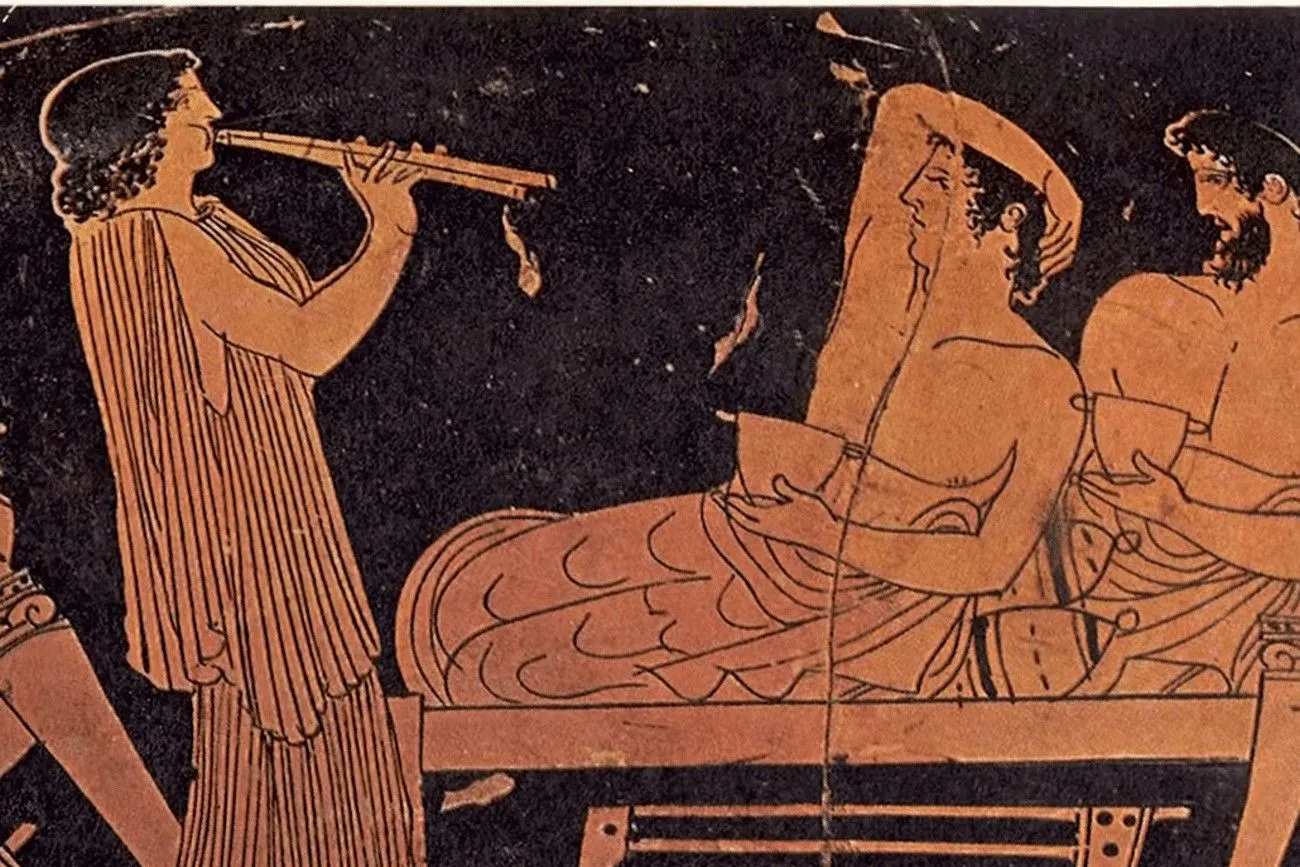 @What Was It Like to Live in Ancient Greece?/Captivating History/YouTube.com
@What Was It Like to Live in Ancient Greece?/Captivating History/YouTube.com
The term "idiot" was coined by them
The Greek term "idits," which denoted a private person, is where the word "idiot" has its etymological origin. The word was first employed in an entirely different environment and meaning. In its original usage, the phrase was meant to describe anyone who avoided politics.
Oh, how the Greeks of antiquity adored politics. However, the term "poor level of intelligence" has come to be used in the world. If you're clever, you'll see the connection between its previous and present meanings and understand the point it is attempting to make.
 @What Was It Like to Live in Ancient Greece?/Captivating History/YouTube.com
@What Was It Like to Live in Ancient Greece?/Captivating History/YouTube.com
They made the world “Music”
The gift of music was likewise bestowed upon the globe by the Greeks. — at least in written form! The Greek mythological goddess of the arts, the Muses, is where the word "music" originates.
Western music's theory and composition have their roots in the music of ancient Greece. Prominent philosophers like Pythagoras also studied it to gain understanding of other areas of life.
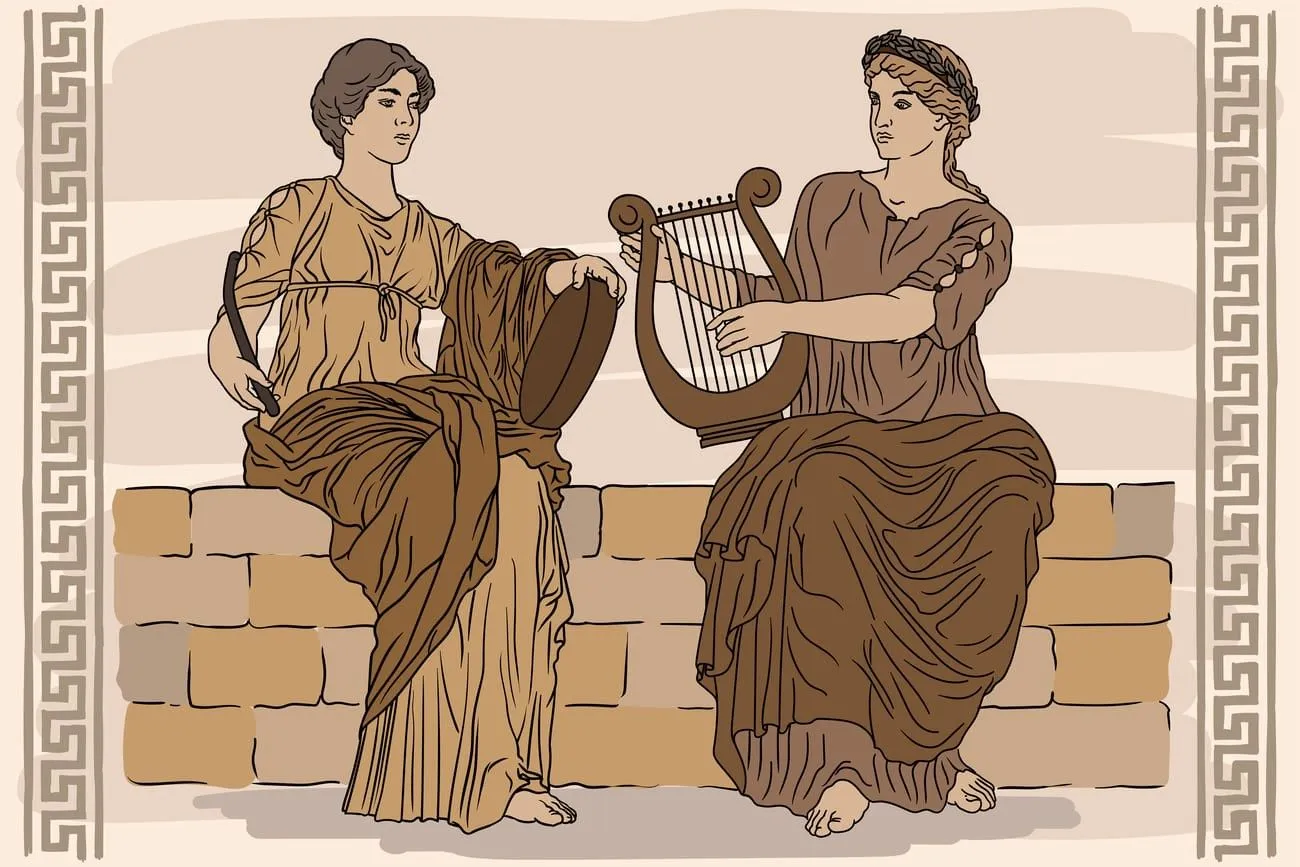
They were old
Many people in ancient Greece lived to be 100 years old. They had long lives because they followed a nutritious Mediterranean diet, engaged in vigorous daily exercise, and had excellent sanitation systems.
According to the Greek interpretation of the Mediterranean diet, enough of fruits, vegetables, and olive oil—also known as the "elixir of life"—should be consumed. It is claimed to have a wide range of positive effects on the body, including a decreased chance of Parkinson's disease, enhanced longevity, and Alzheimer's.
 @WEIRD Things That Were Normal In Ancient Greece!/ Sports Board/YouTube.com
@WEIRD Things That Were Normal In Ancient Greece!/ Sports Board/YouTube.com
The meaning of red lipstick was different
Crimson lipstick, which was created in ancient Greece from crocodile excreta and red pigments, was only worn by specific types of women. Only the escorts were legally permitted to wear this color. The flesh trade quickly learned to recognize this tint.
According to Greek law, any other lady beside them might face punishment for engaging in obscene behavior by wearing red in public. The hookers can also be detained for not donning the official color of their line of work.

Apples were thrown as a sign of love
Depending on how you look at it, the manner to propose to someone in ancient Greece was both sweet and subtly aggressive. Their beloved is that person! Greeks threw apples at people to beg for their hands in ancient times.
These apples in some circumstances turned into a source of contention. A lifetime of wealth was wished for wedded couples by tossing apples their way as well. Unrelated to this, before Newton gave us the theories of relativity, he was struck by an apple. Simply stating!
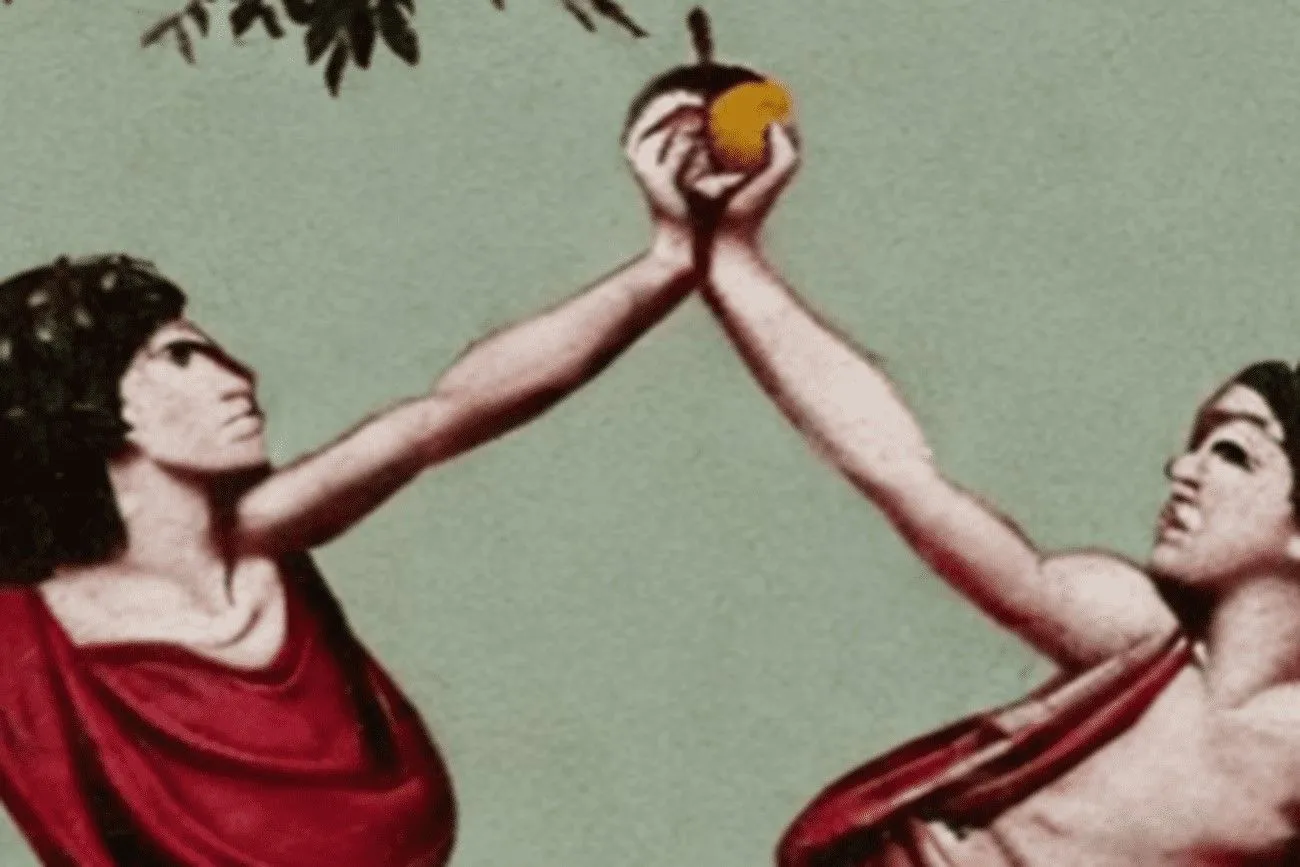 @🍎🏛️ The ANCIENT Greek Tradition of LOVE: Throwing Apples! #apple #ancientgreece/timewarp trivia/YouTube.com
@🍎🏛️ The ANCIENT Greek Tradition of LOVE: Throwing Apples! #apple #ancientgreece/timewarp trivia/YouTube.com
The preferred body type was the potbelly
Forget about your washboard abs and focus on your iron-pumped body and musculature. In ancient Greece, having a pot belly was considered to be a legitimate physical type and shape rather than just extra body fat. A potbelly wasn't a sign of gluttony or sloth either.
In actuality, the opposite was true. People with potbellies were seen as excellent leaders. We don't mind using a body standard from the past in this case. Cheeseburgers need to be served right away!
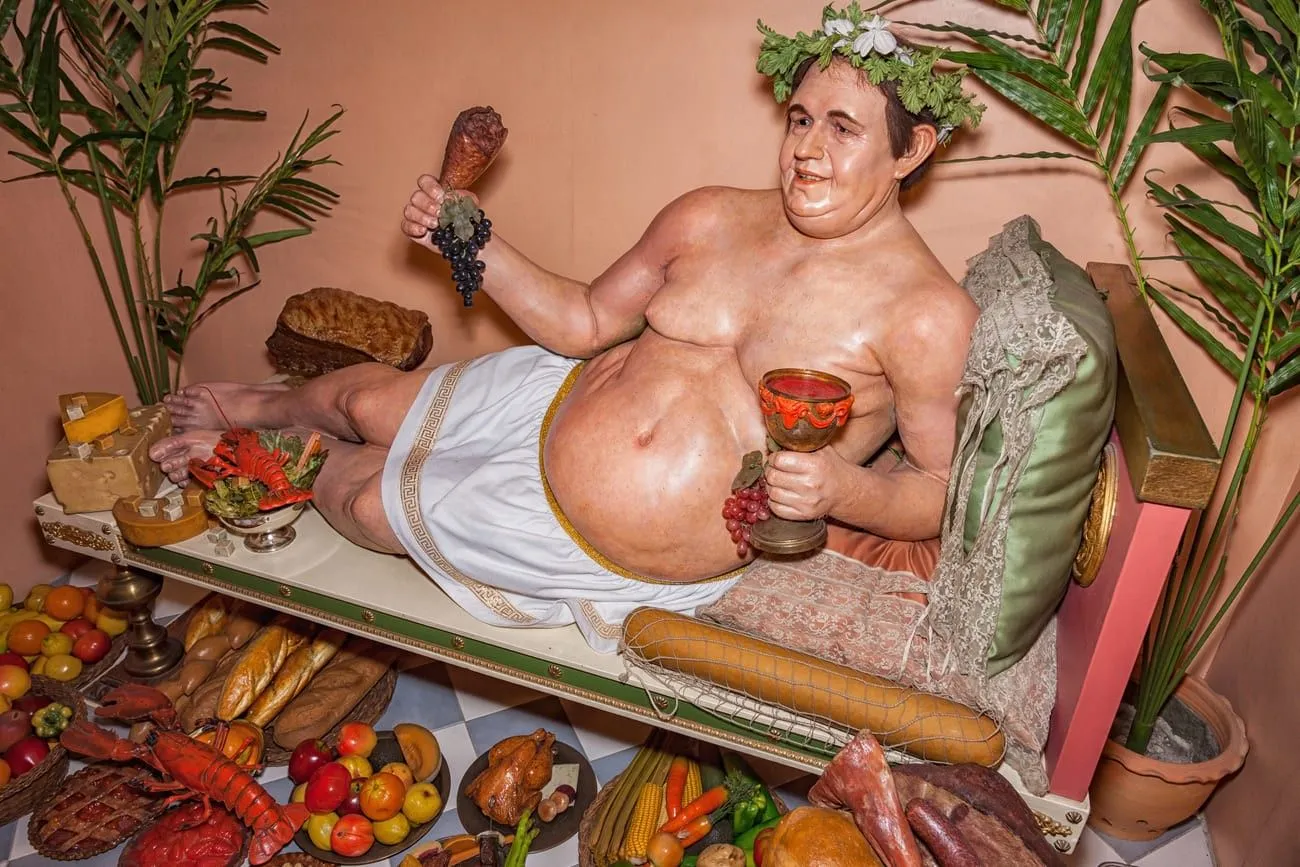
They created dog collars with spikes
The first dog collars with spikes were made by the Greeks in antiquity. However, their original use was for something else. Although the Egyptians provided the initial prototype for dog collars, the Greeks were responsible for their practical perfection.
When defending the flock of sheep in ancient Greece, the sheepdogs on the farm wore these spiked dog collars, also known as mellium, to prevent wolf attacks on their necks. It appears to have been a necessity-driven invention to defend against the frequent wolf assaults on the farm's animals, including watchful dogs.
 @A Pointed History of Dog Collars/Archaeosoup/YouTube.com
@A Pointed History of Dog Collars/Archaeosoup/YouTube.com
The Text of Boustrophedon
Writing in both directions on manuscripts was a widespread technique in ancient Greece. As a result, the next line of the book would be written from right to left after a line that was written from left to right.
It entailed mirroring letters from one line to another, which made it much more challenging and perplexing for the author and the reader. А case in point Everything about Greece is wonderful.
 @Boustrophedon, Writing Like the Plow Turns/latintutorial /YouTube.com
@Boustrophedon, Writing Like the Plow Turns/latintutorial /YouTube.com
They didn't have toilet paper
It's clear that the ancient Greeks lived several centuries before the invention of triple-ply toilet paper. The Greeks had a unique instrument for the job, but most societies discovered substitutes to our beloved paper that were similar.
The Greeks used stones, pottery items, and pebbles while the majority of the ancient world used leaves, wool, sponges, and other materials that were similarly soft. When nature calls, it is obvious that beggars cannot be choosers.
 @What Hygiene was like in Ancient Greece/Nutty History/YouTube.com
@What Hygiene was like in Ancient Greece/Nutty History/YouTube.com
Their world was a rainbow
The Iliad and Odyssey were written by the renowned Homer, who is thought to have had a different understanding of color than we do now. Or, at the very least, they discussed it differently.
The University of Nottingham's Mark Bradly, an expert on ancient history, claims that the Greeks viewed color as an object's visible exterior shell. Thus, the color of the sky, the color of the skin, the color of the fire, and so forth.
 @Classics Summarized: The Iliad/Overly Sarcastic Productions/YouTube.com
@Classics Summarized: The Iliad/Overly Sarcastic Productions/YouTube.com
The vending machine was created
The world's first vending machine was created by the ancient Greeks, which brings us to our next creation. But there were no sodas or snacks available from this vending machine. Holy water was being distributed through a coin-operated vending machine.
According to academics, this vending machine was a development from the Greek civilization, which was one of the first civilizations to use coins. However, it ended up serving as the model for all contemporary vending machines
 @Did Heron Invent the First Vending Machine Over 2000 Years Ago?/ Wild Dream Films/YouTube.com
@Did Heron Invent the First Vending Machine Over 2000 Years Ago?/ Wild Dream Films/YouTube.com
More authority for the people
In a civic sense, ancient Greek citizens were immensely powerful. They had a structure that permitted them to unite as a cohort and send a politician into exile for ten years. Ostrakismos was a custom intended to protect the foundation of democracy.
Ostrakismos was a kind of retaliation used against all politicians who at the time were viewed as both a genuine and prospective threat to Greek democracy.
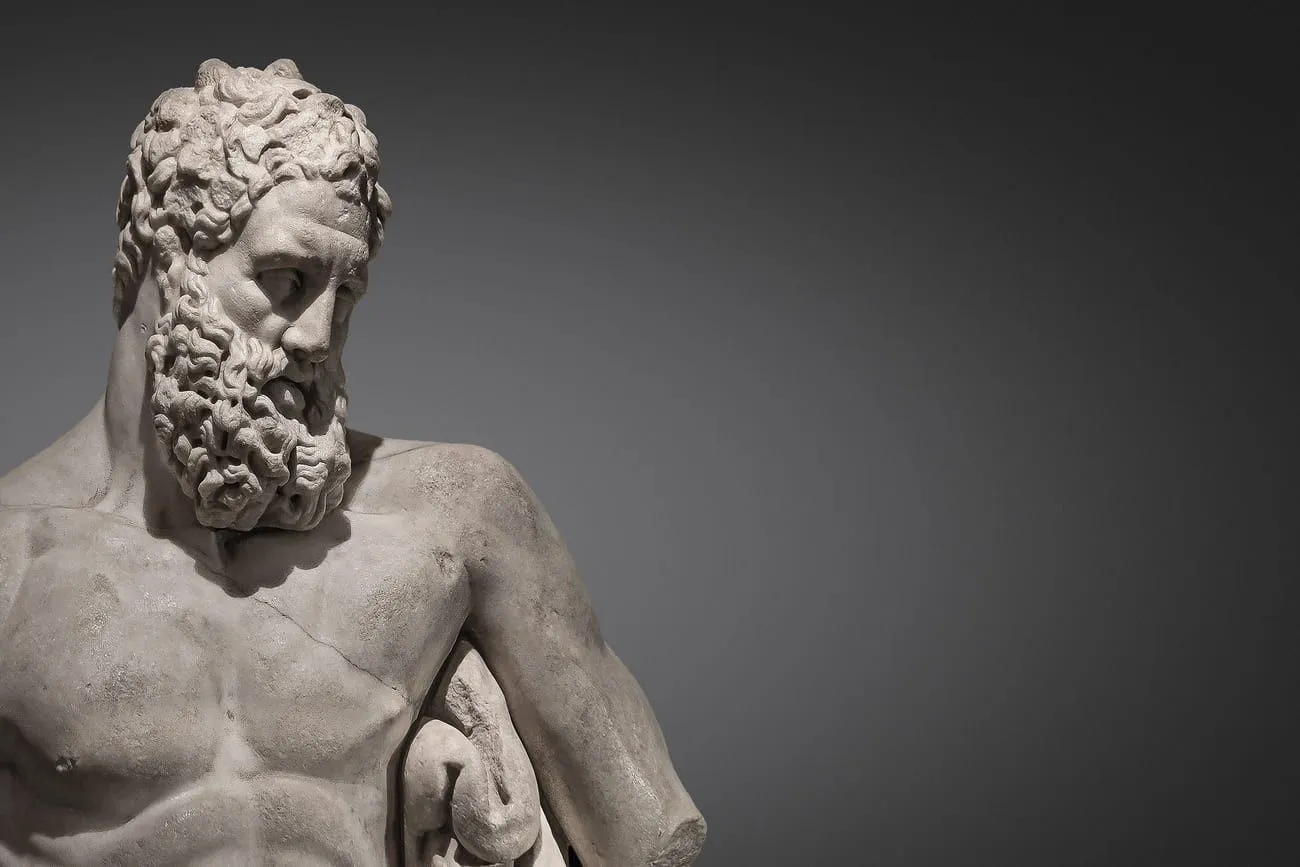
Then, Kettlebells were created
The Greeks were prolific inventors. When they weren't creating tangible items, they created words and expressions that are still used today. Like the kettlebell, for instance. Greek Haltere, a forerunner of the kettlebell, was used to push athletes in the long jump in fifth-century Greece.
These kettlebells were utilized in Olympic competitions and varied in weight from two to nine kilograms, according to many study investigations. The Archaeological Museum of Olympia in Athens, Greece has a kettlebell that weighs about 144 kg.
 @Epicrelius29/Reddit.com
@Epicrelius29/Reddit.com
Timing was crucial
The Greeks actually used two different words to express various parts of time, despite the fact that it can sound quite bizarre to us now. The first, Chronos, functions very similarly to how we personally perceive time. Consequently, it mainly refers to measurable time, such as a clock.
Moments rather than seconds are measured by the second, Kairos. It speaks more specifically of the appropriate or ideal time for something. As the entire globe hangs its breath, it is explained that anything can happen. Pretty enigmatic, no?
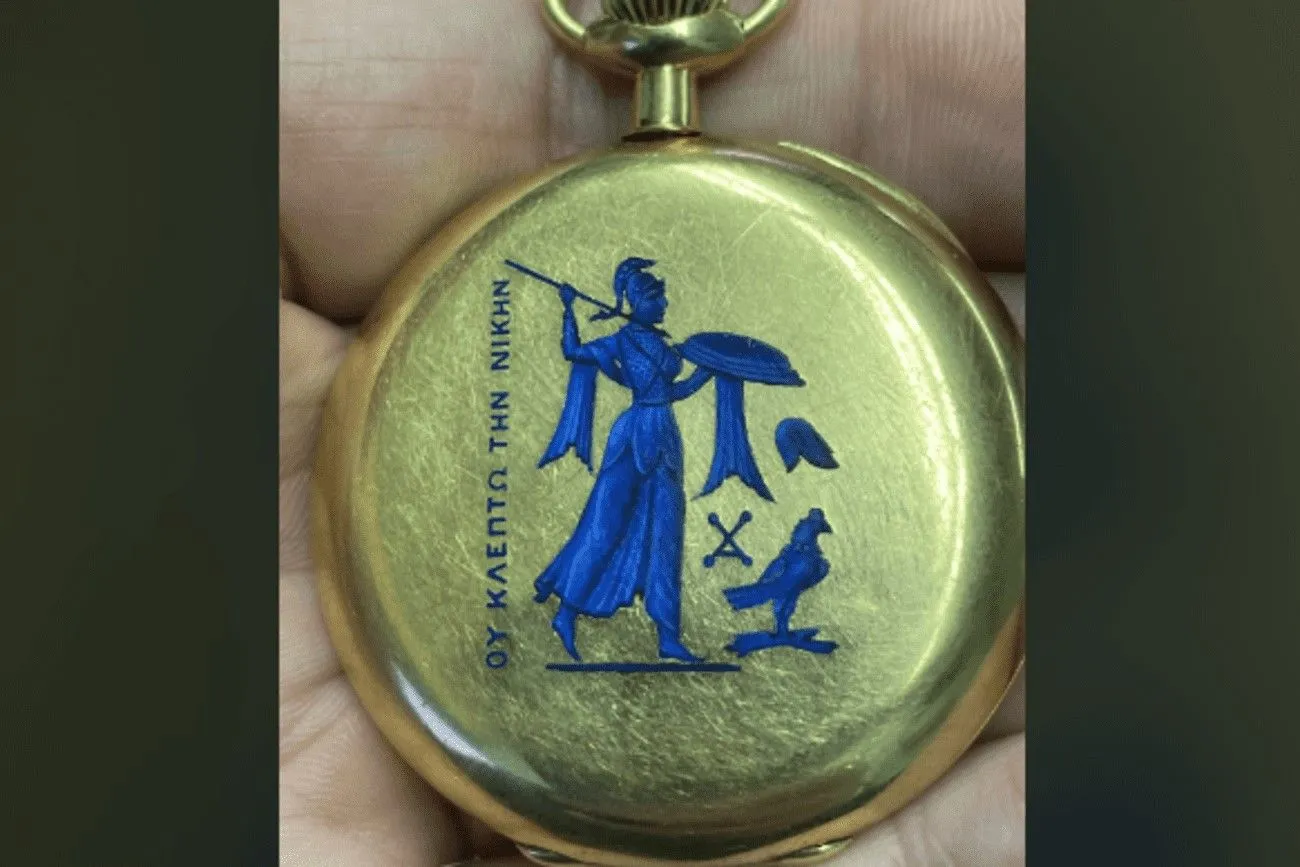 @drunksonkey/Reddit.com
@drunksonkey/Reddit.com
Hair was important to men and women alike
Hair wasn't just a status symbol for women in ancient Greece; males also took great delight in their spectacular beards and long, luxuriant locks. The Greeks would compete to see who had the best-groomed facial hair, much like the hipster culture of today.
Long, well-groomed beards were considered a sign of manhood and wisdom. However, losing their hair was also viewed favorably because it was associated with maturity and experience. This is why busts of philosophers frequently have large beards and bald heads.
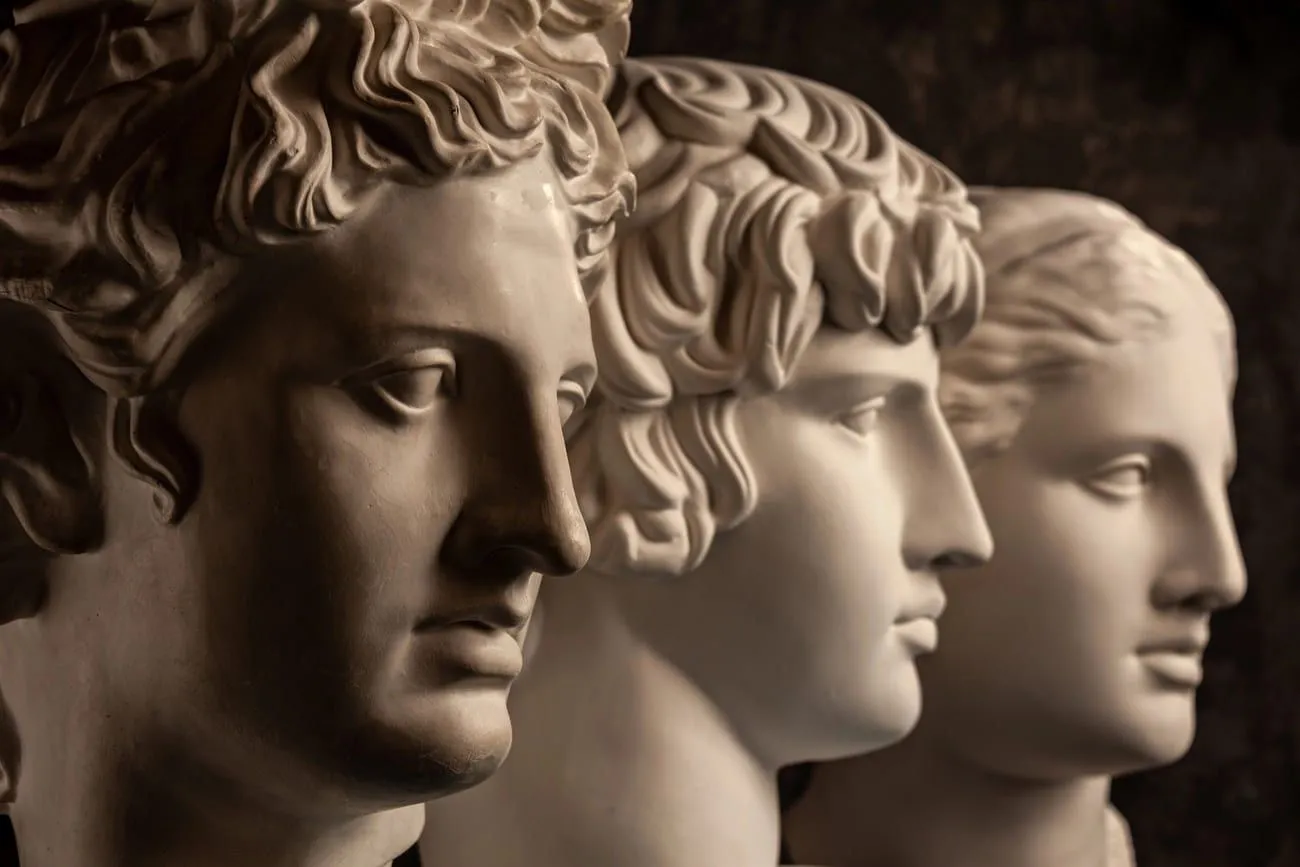
How about some cheesecake?
The Greeks were fascinated by sweetness, which may seem unusual given their peculiar bean stew. In actuality, the first cheesecake was created by the Greeks! They used flour, wheat, honey, and, of course, cheese to make their version of the popular cake.
The rich, sugary cakes were utilized in wedding customs to celebrate in elegance. The fact that the cheesy cakes were provided to athletes as energy snacks during the Olympics was more intriguing. We should absolutely revive that tradition!

Greek statues had a lot of colors
Beautiful Greek statues have long served as a status symbol for the wealthy and distinguished. Because of their exquisite white stone, they are frequently regarded as the height of aesthetic expression. In fact, they were so admired that Renaissance sculptures made an effort to imitate the design.
However, we now know that statues in ancient Greece were actually richly painted with vivid colors and elaborate designs thanks to contemporary imaging technology. Researchers' and archaeologists' reconstructions let us see how vividly colored these statues actually were.
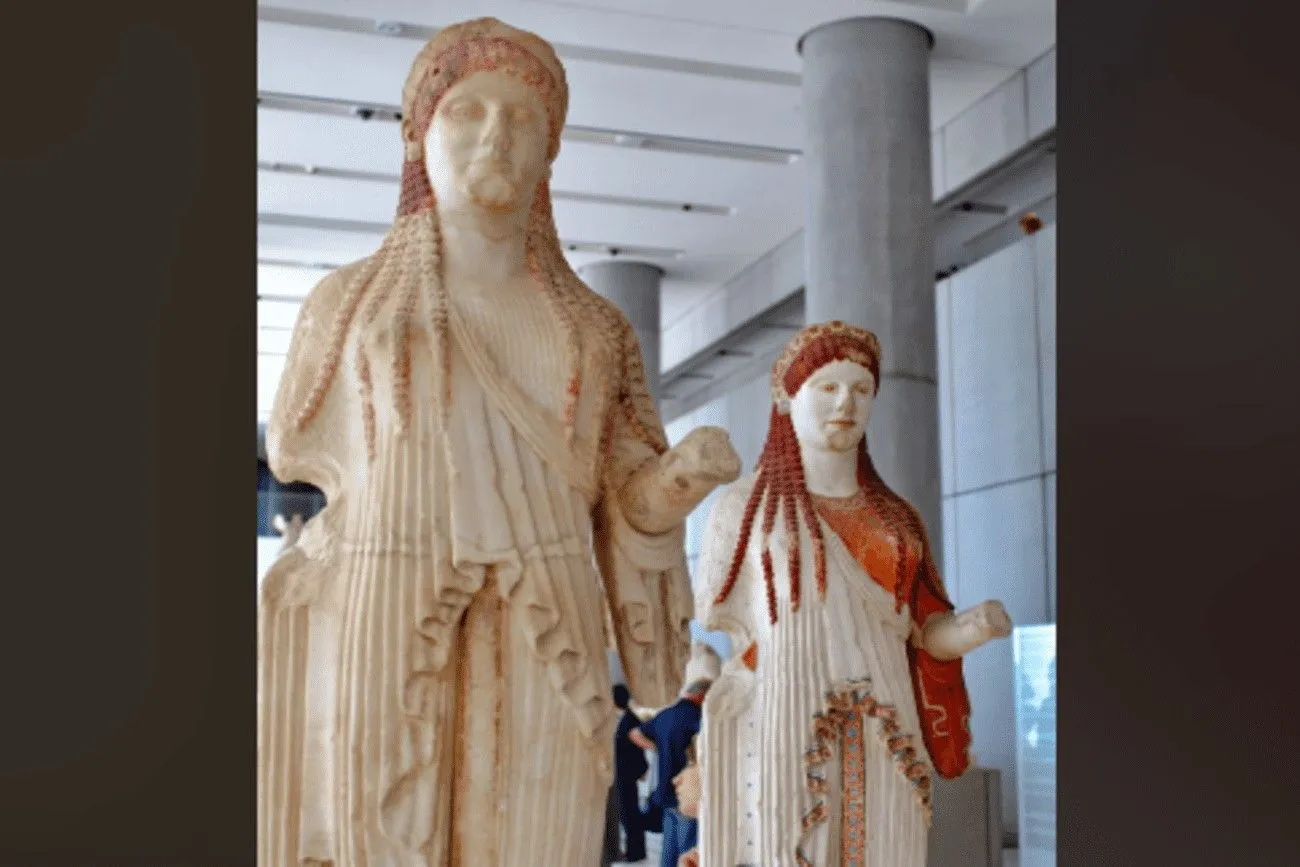 @PorcupineMerchant/Reddit.com
@PorcupineMerchant/Reddit.com
The first computer was invented by the Greeks
Analog computers have existed for a lot longer than current digital computers, which weren't created until the 1970s. In actuality, Ancient Greece was home to the first computer. Because of the shipwreck, it was discovered in, the amazing hand-powered contraption was given the name Antikythera mechanism.
It was extremely complicated for its time and employed gears as well. Only in the 14th century did machines of this intricacy reappear.
 @Kunstkurator/Reddit.com
@Kunstkurator/Reddit.com
They offered us a Theater
The Greeks were the ones to develop an entire cultural movement around the art of storytelling, while not being the first human civilisation to do so. Numerous plays created and performed by Greek theater companies are still being performed today.
The success of the theater was largely due to the amphitheater's inventive construction, which was made in an acoustically beneficial form to ensure that even people seated far from the stage could clearly hear the actors.

The origin of the word Lesbian is Greek
The term Lesbos, which derives from the Greek word meaning woodland, refers to the third-largest Greek island (or woody). However, the island is not renowned for that. It is most famous for the word "lesbiangenesis''.
It's all because of Sappho, an island-born Greek poet. Sappho was a very well-known poet at the time; Plato famously referred to her as the "Tenth Muse." Even today, her poetry about a woman lover is still studied and read. Additionally, she is the source of the phrase “sapphic love.”
